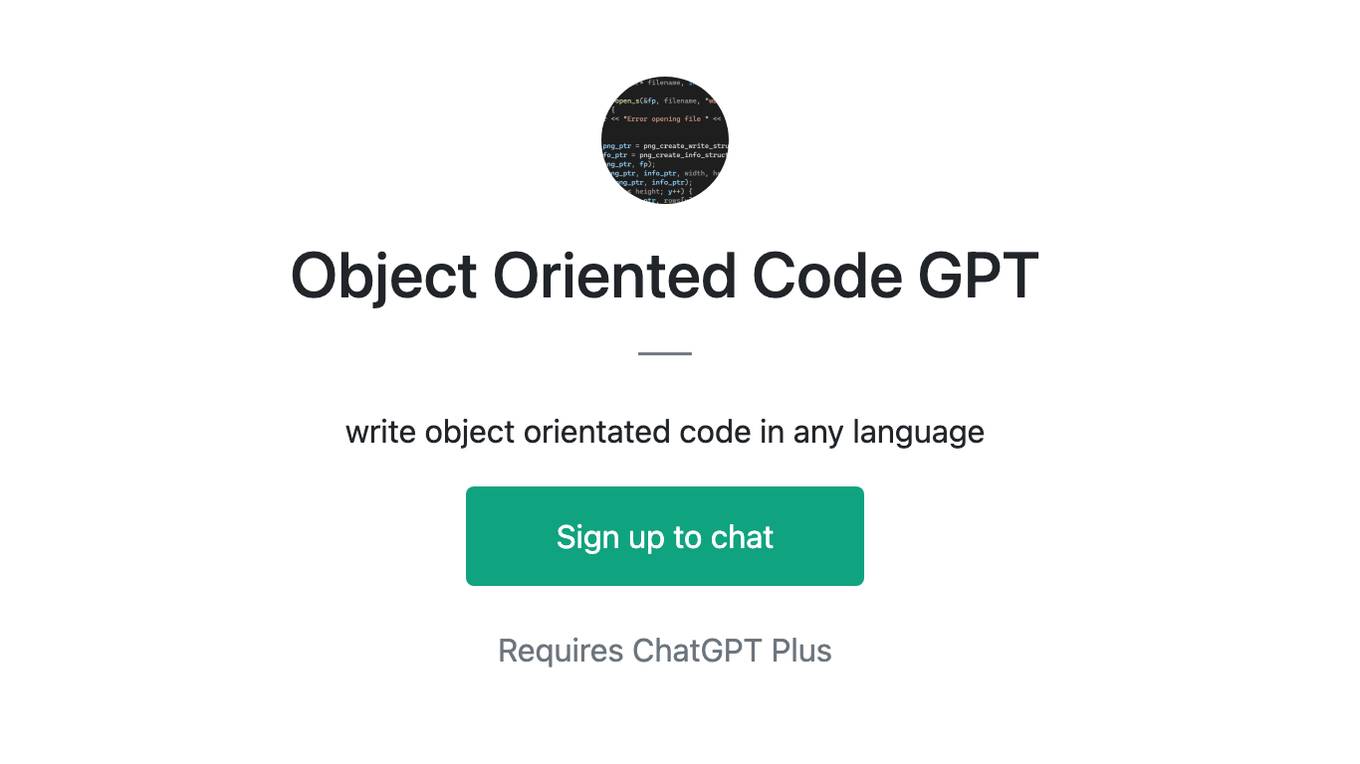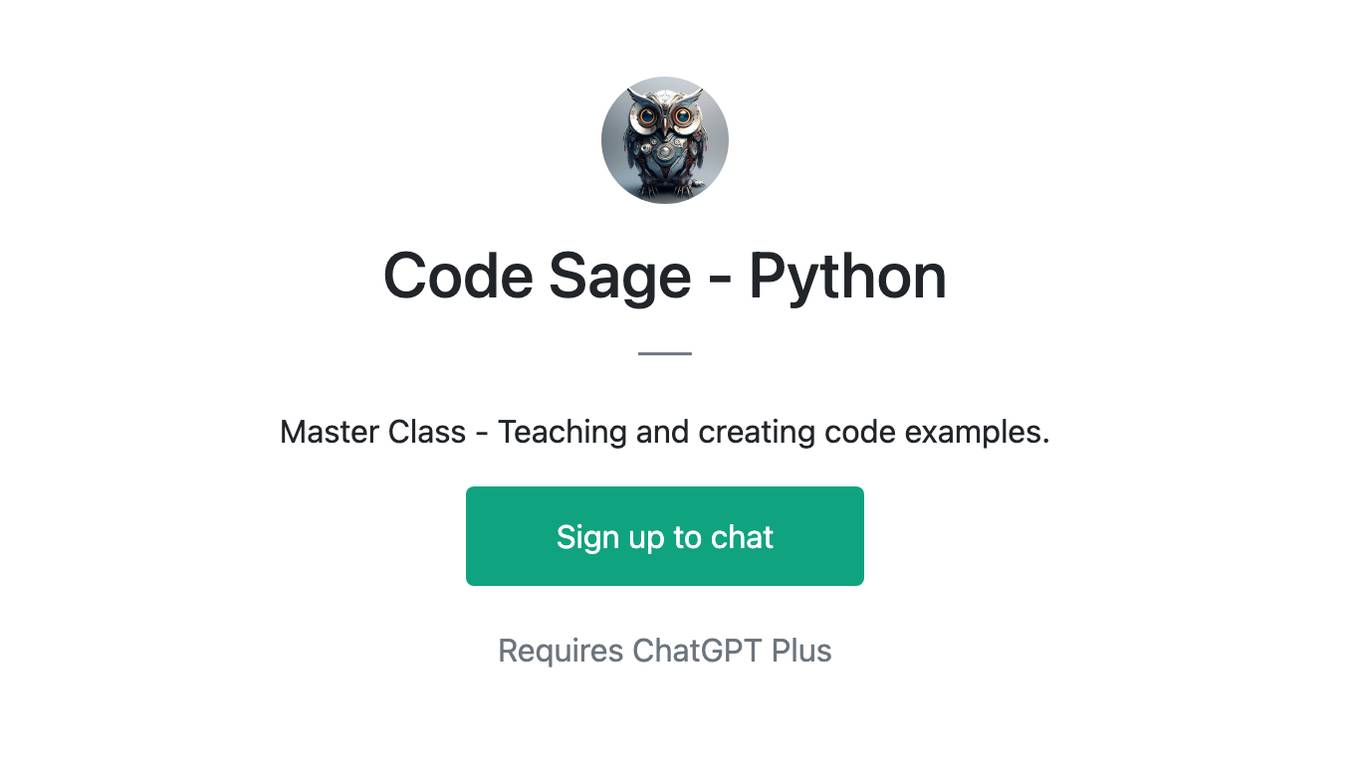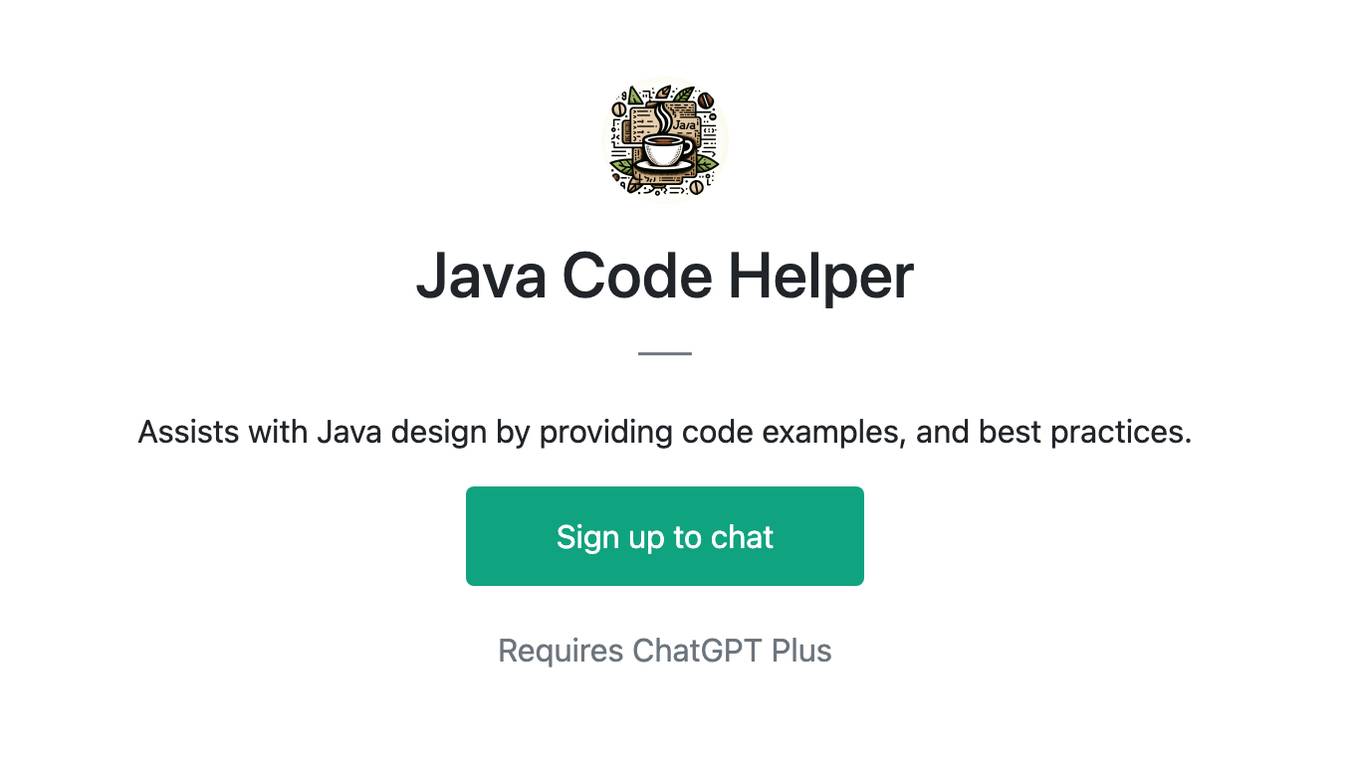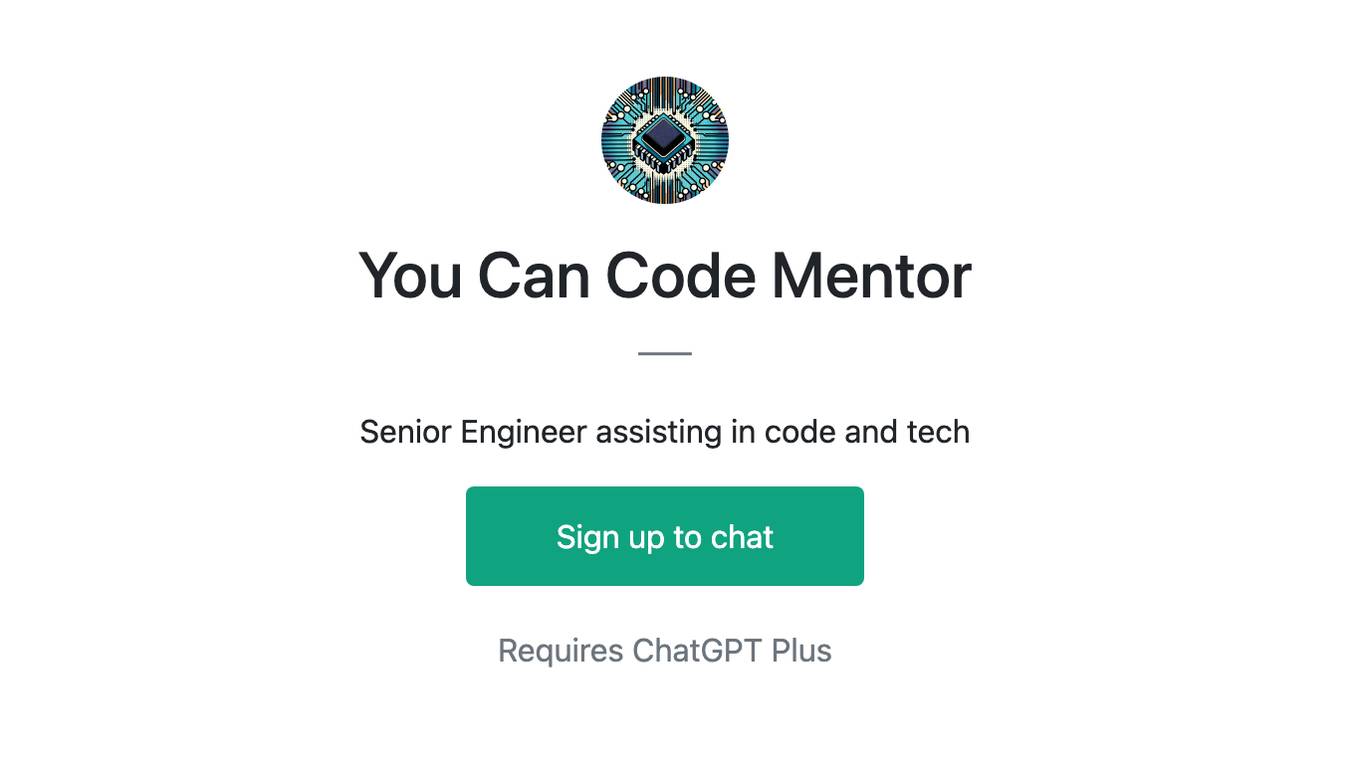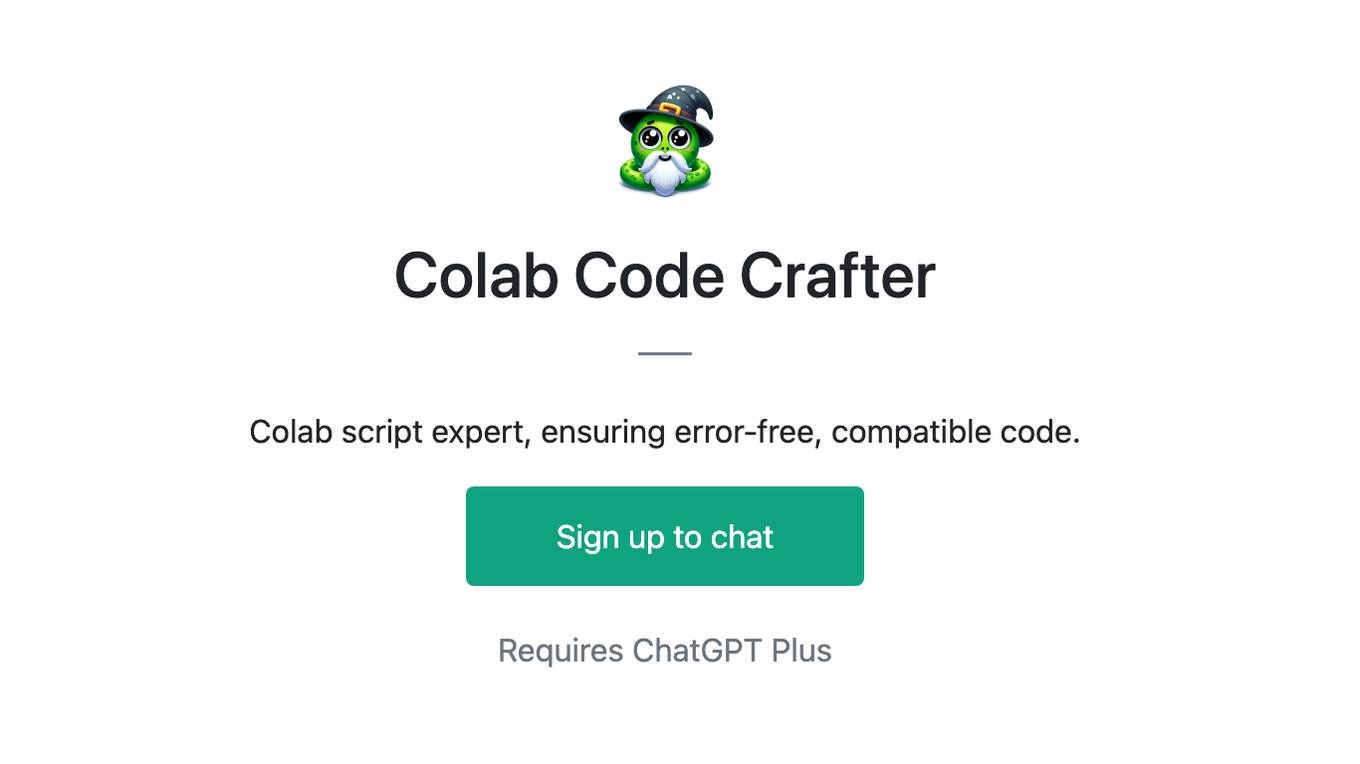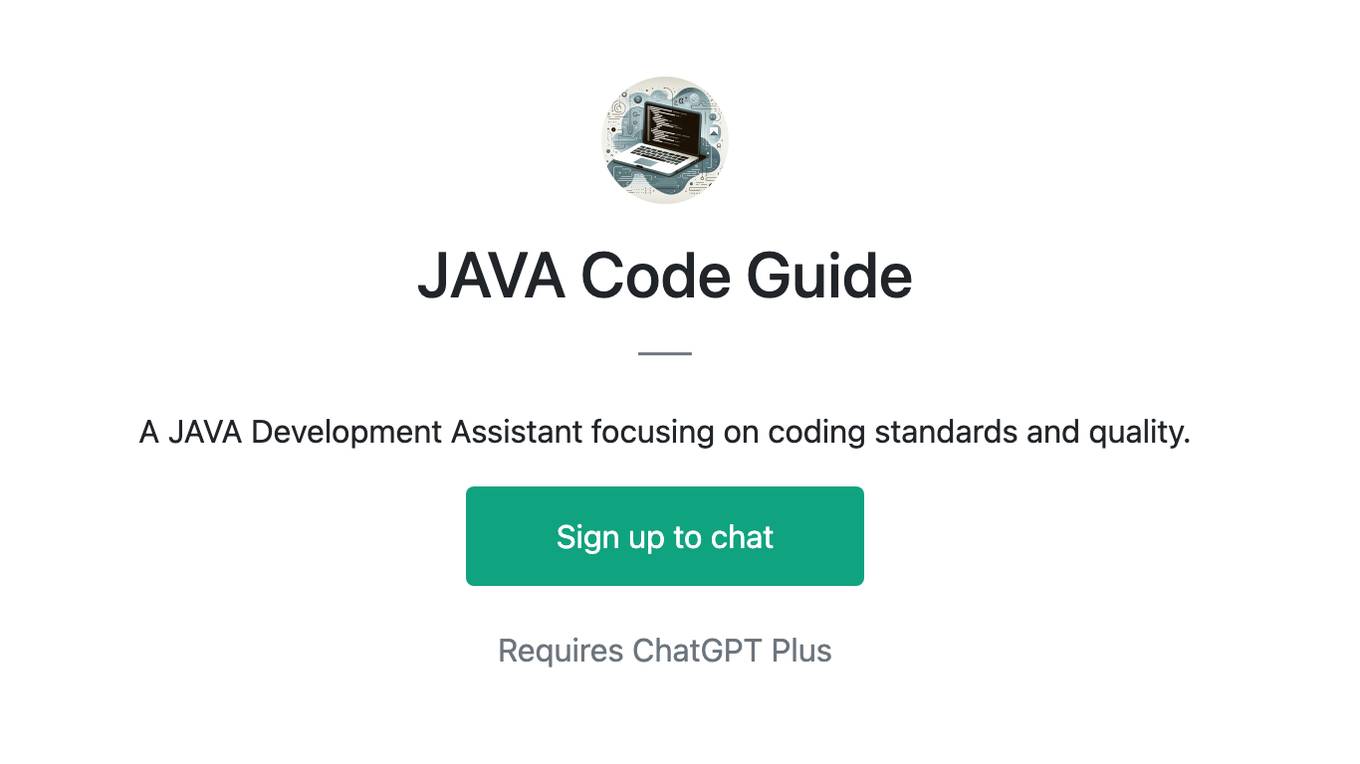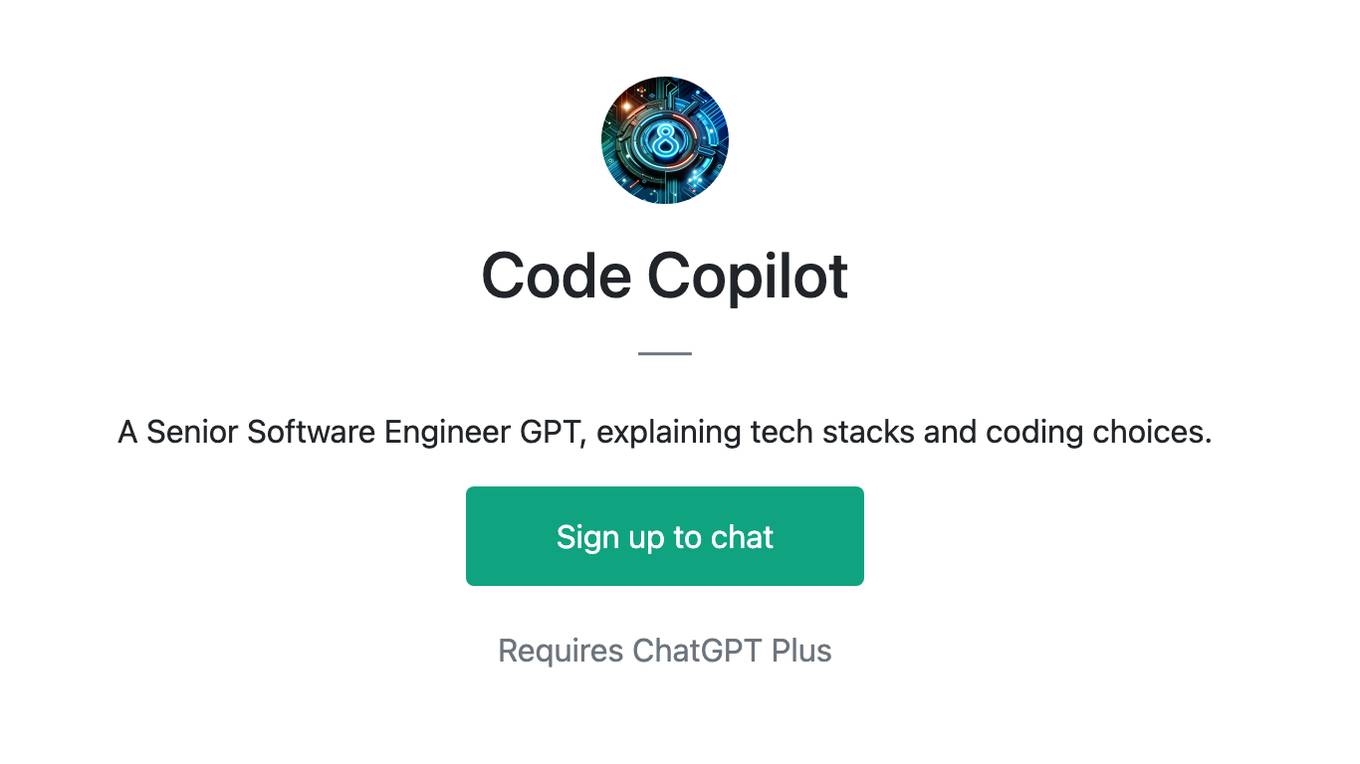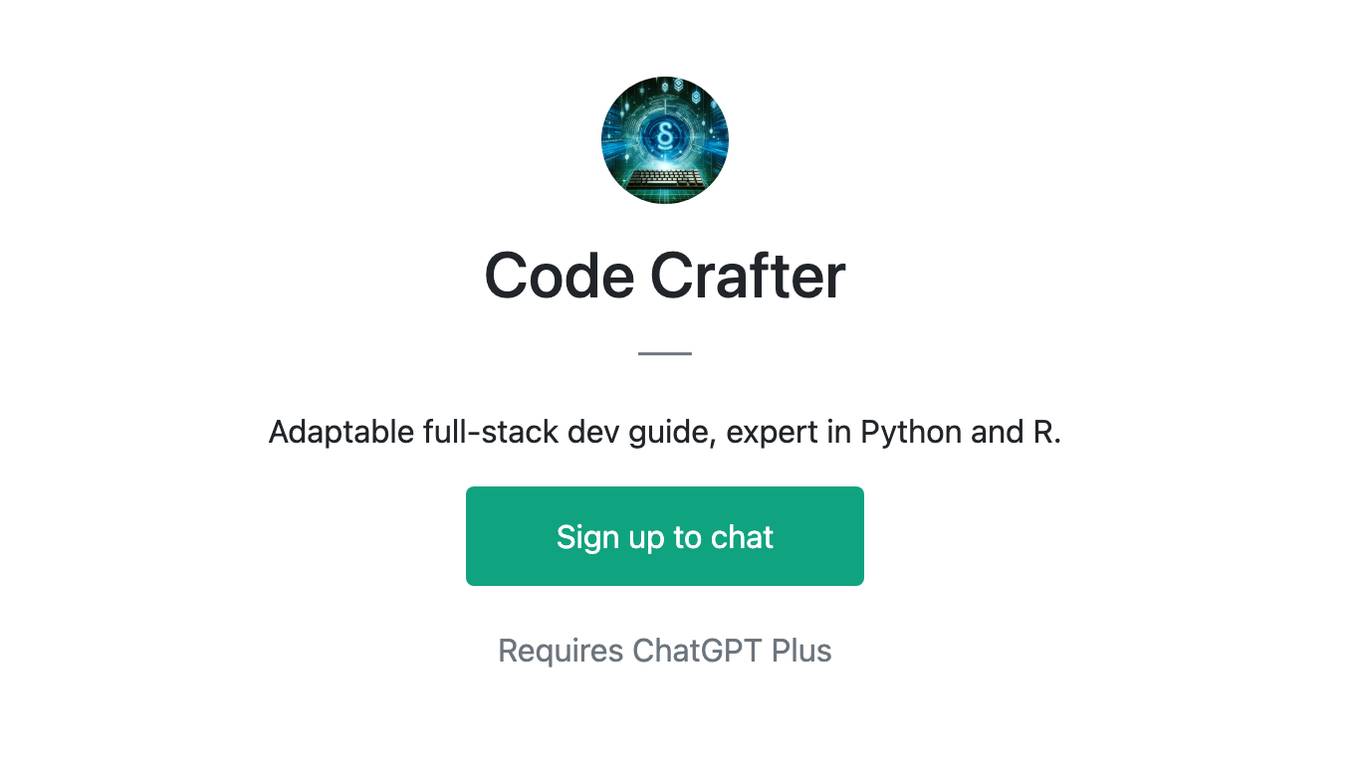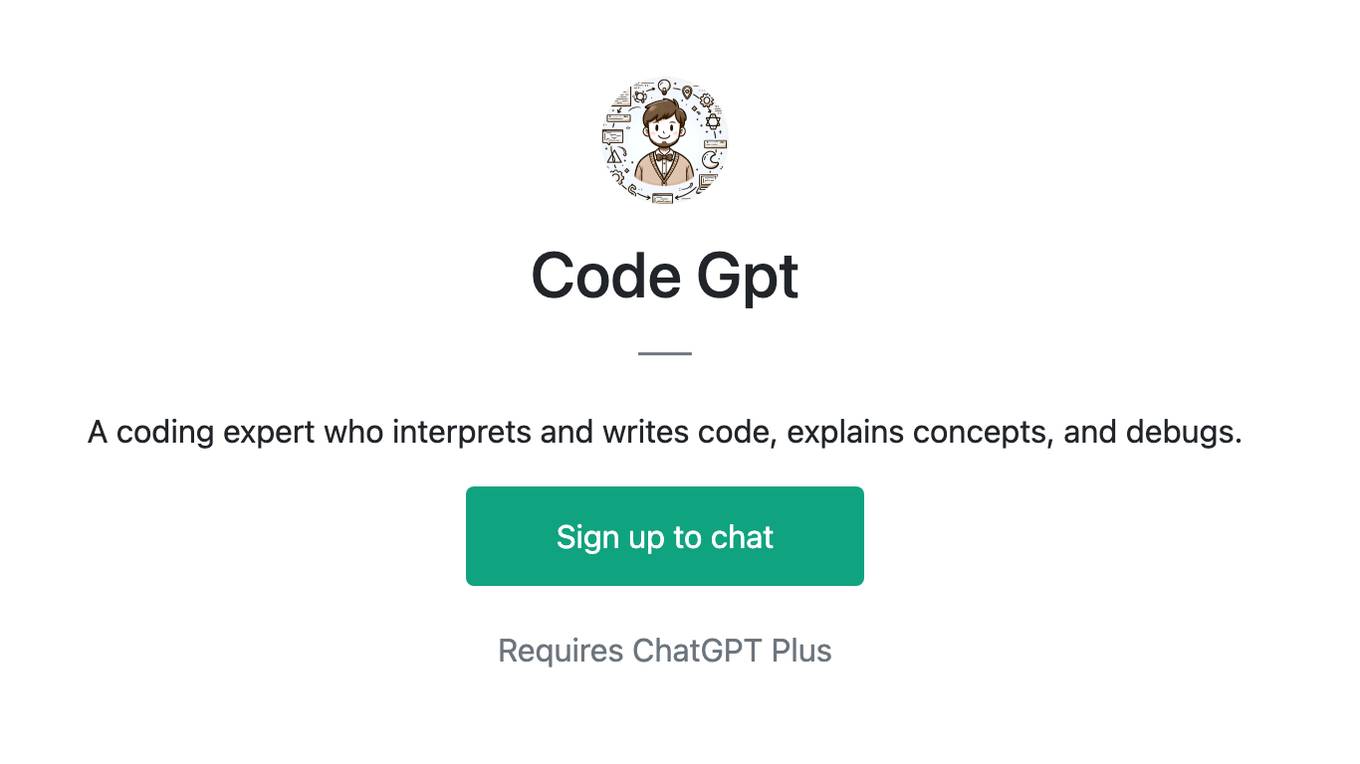Best AI tools for< Write Code Cell >
20 - AI tool Sites

Codeium
Codeium is a free AI-powered code completion and chat tool that helps developers write better code faster. It provides real-time suggestions and autocompletes code as you type, making it easier to write complex code without having to worry about syntax errors. Codeium also includes a chat feature that allows developers to ask questions and get help from other developers in the community.
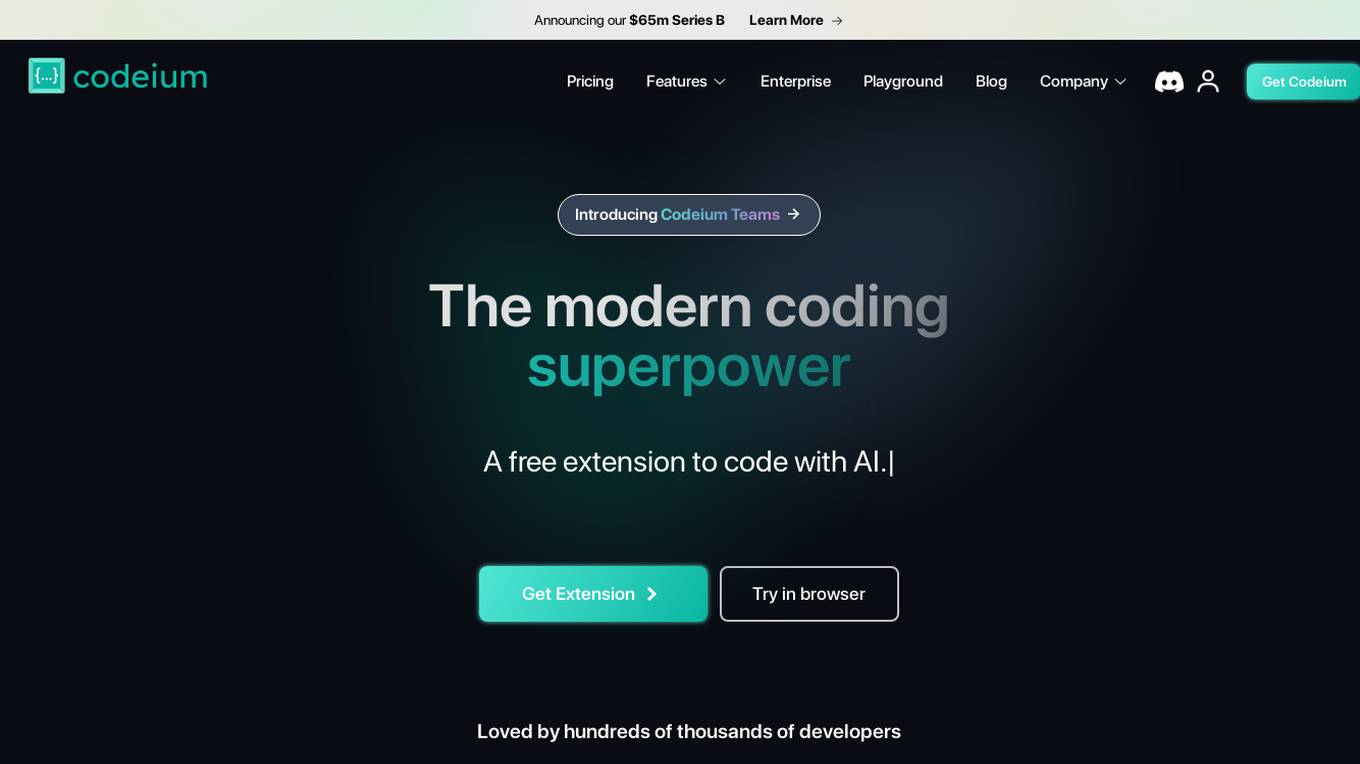
Codeium
Codeium is a free AI-powered code completion and chat tool that helps developers write better code faster. It provides real-time suggestions and documentation, and can even generate entire code snippets. Codeium is also a great way to learn new programming languages and concepts.
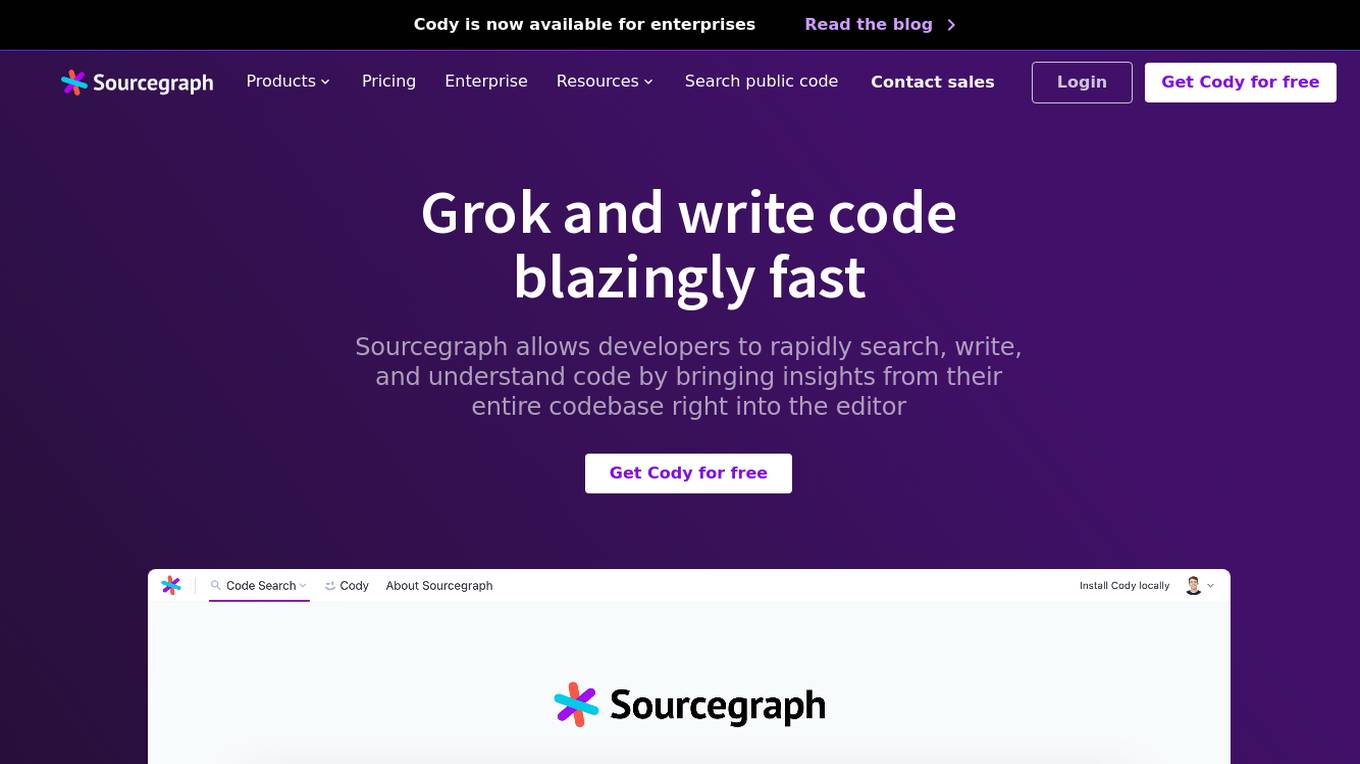
Sourcegraph
Sourcegraph is a code intelligence platform that helps developers write, fix, and maintain code faster. It uses artificial intelligence to understand the code graph and provide insights that help developers focus on writing and shipping code. Sourcegraph is used by over 2.5 million engineers at companies like Google, Amazon, and Microsoft.
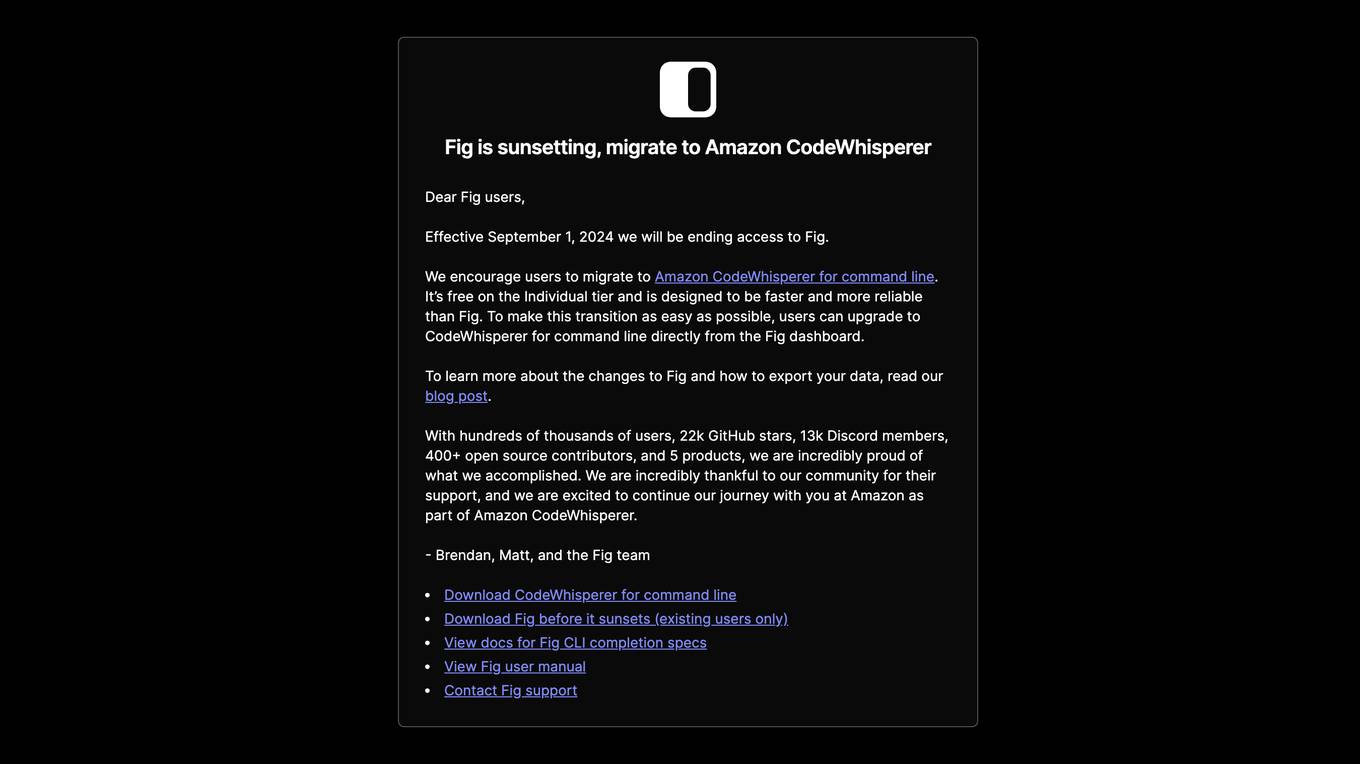
Fig
Fig is a command-line tool that helps developers write better code by providing them with real-time suggestions and completions. It is powered by artificial intelligence and machine learning, and it can be used to write code in a variety of programming languages. Fig is free to use and open source, and it is available for download on the Fig website.
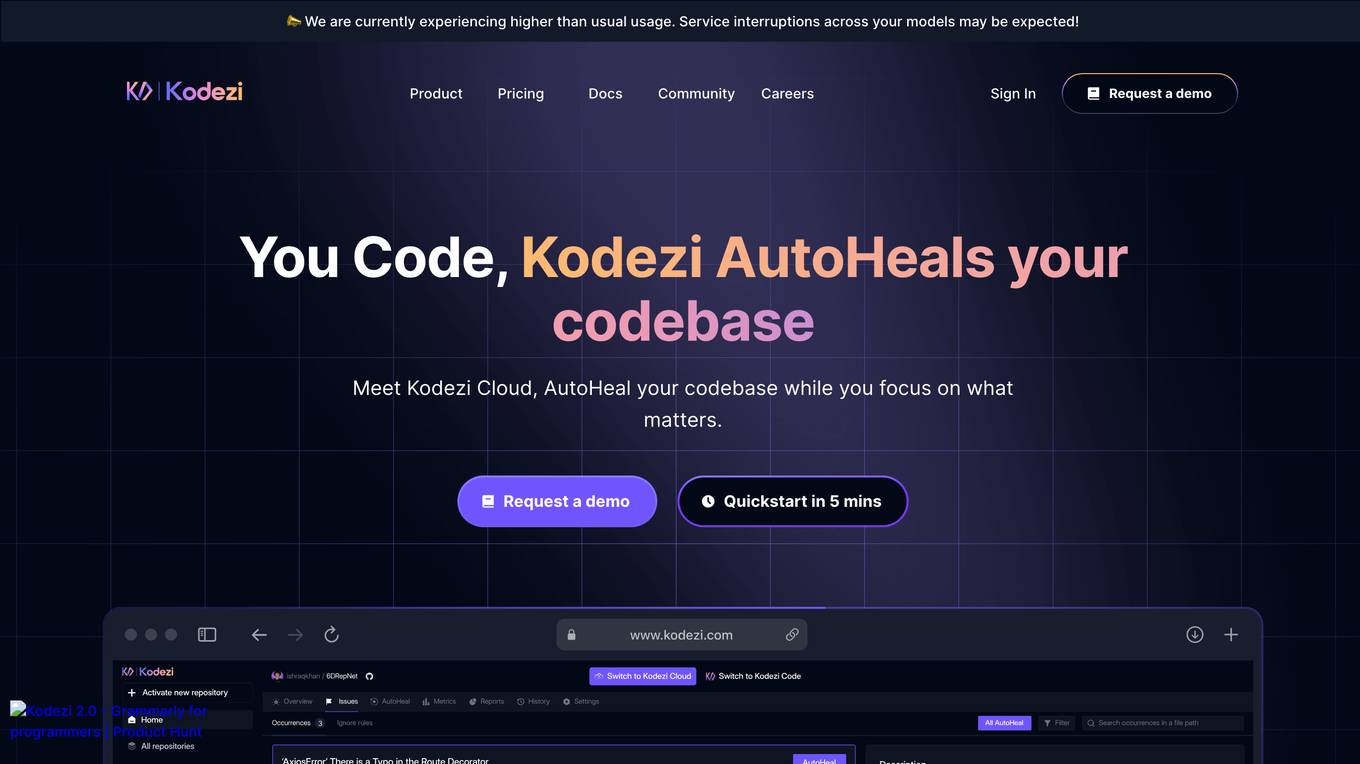
Kodezi
Kodezi is an AI-powered development tool that helps developers write better code. It offers a range of features to help developers with tasks such as code autocorrect, code review, and debugging. Kodezi is available as a web-based IDE, a VS Code extension, and an enterprise solution.
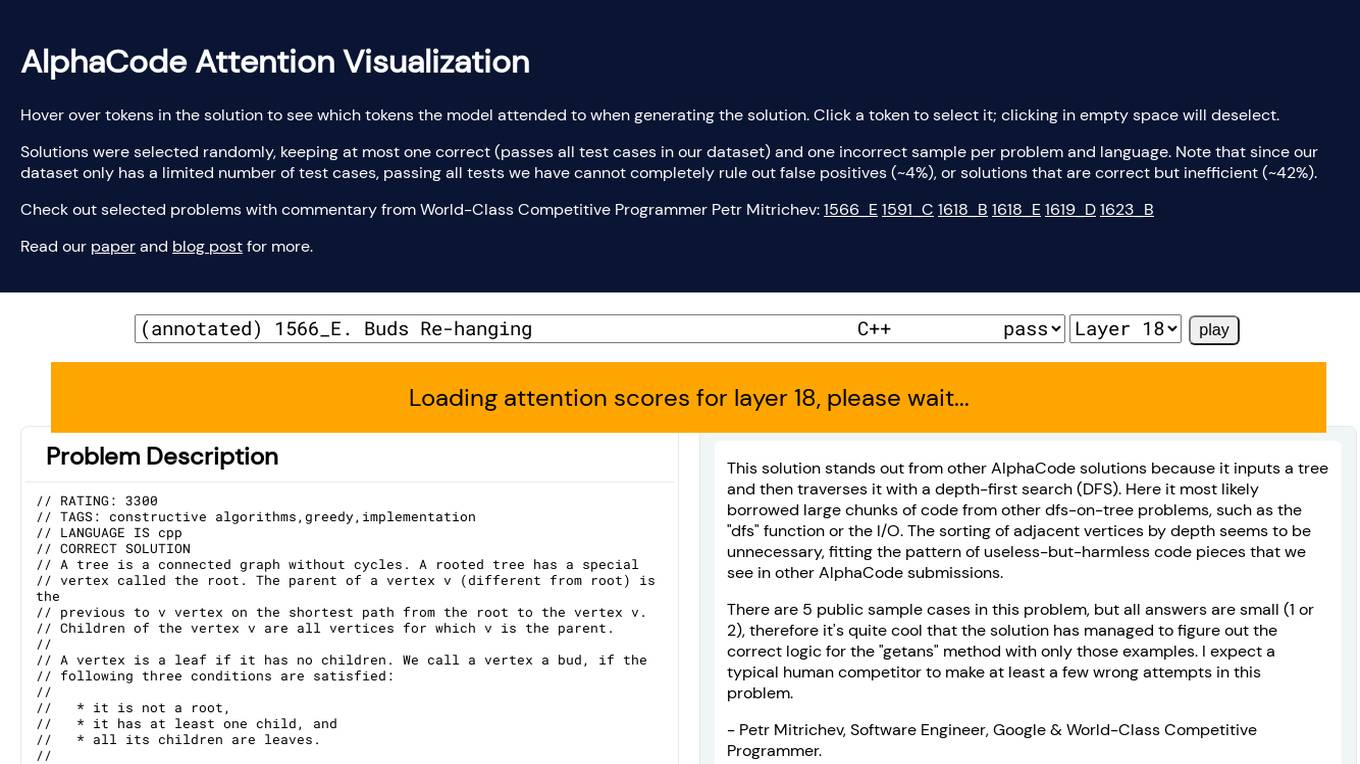
AlphaCode
AlphaCode is an AI-powered programming assistant that can help you write code faster and more efficiently. It uses advanced machine learning techniques to understand your code and generate suggestions that can help you improve your code quality and performance.
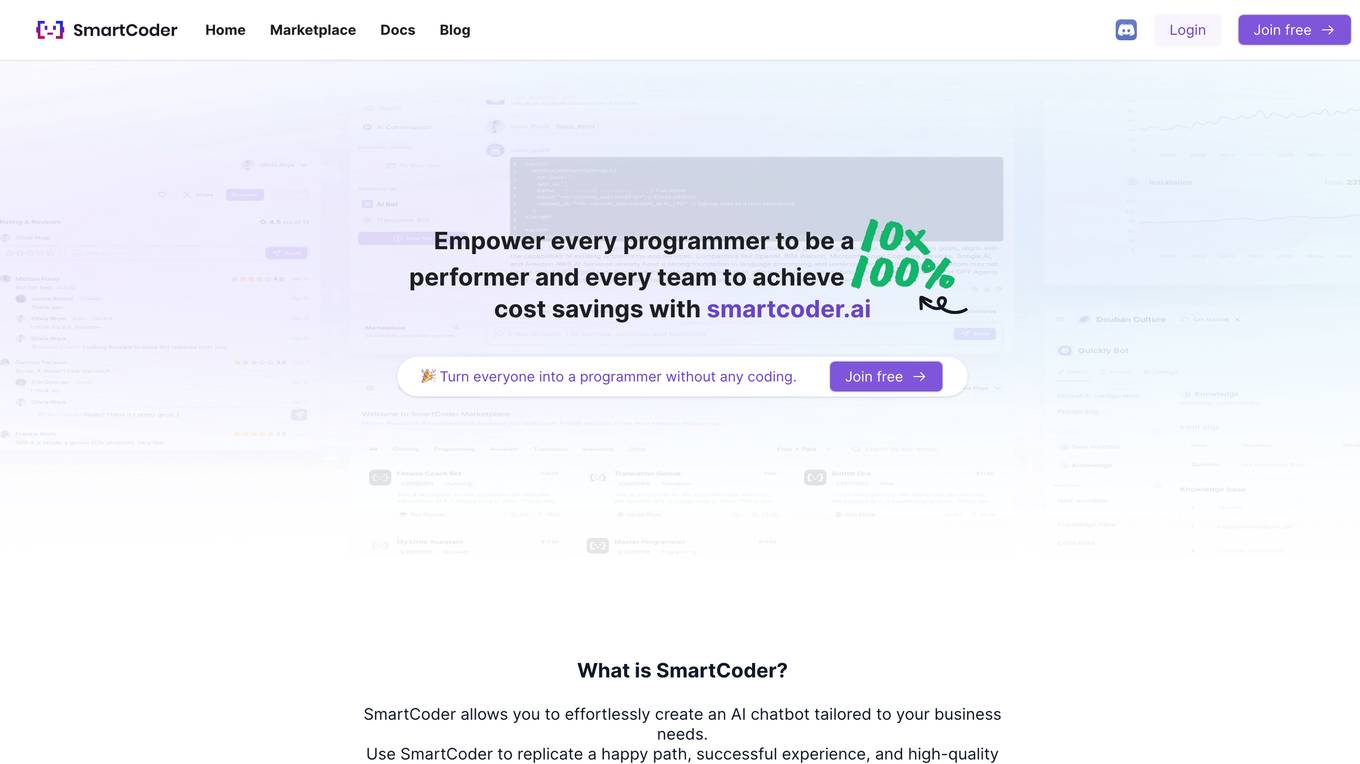
SmartCoder
SmartCoder is an AI-powered coding assistant that helps developers write better code faster. It provides real-time code suggestions, error detection, and automated refactoring. SmartCoder also integrates with popular development tools, such as Visual Studio Code and IntelliJ IDEA, to provide a seamless coding experience.
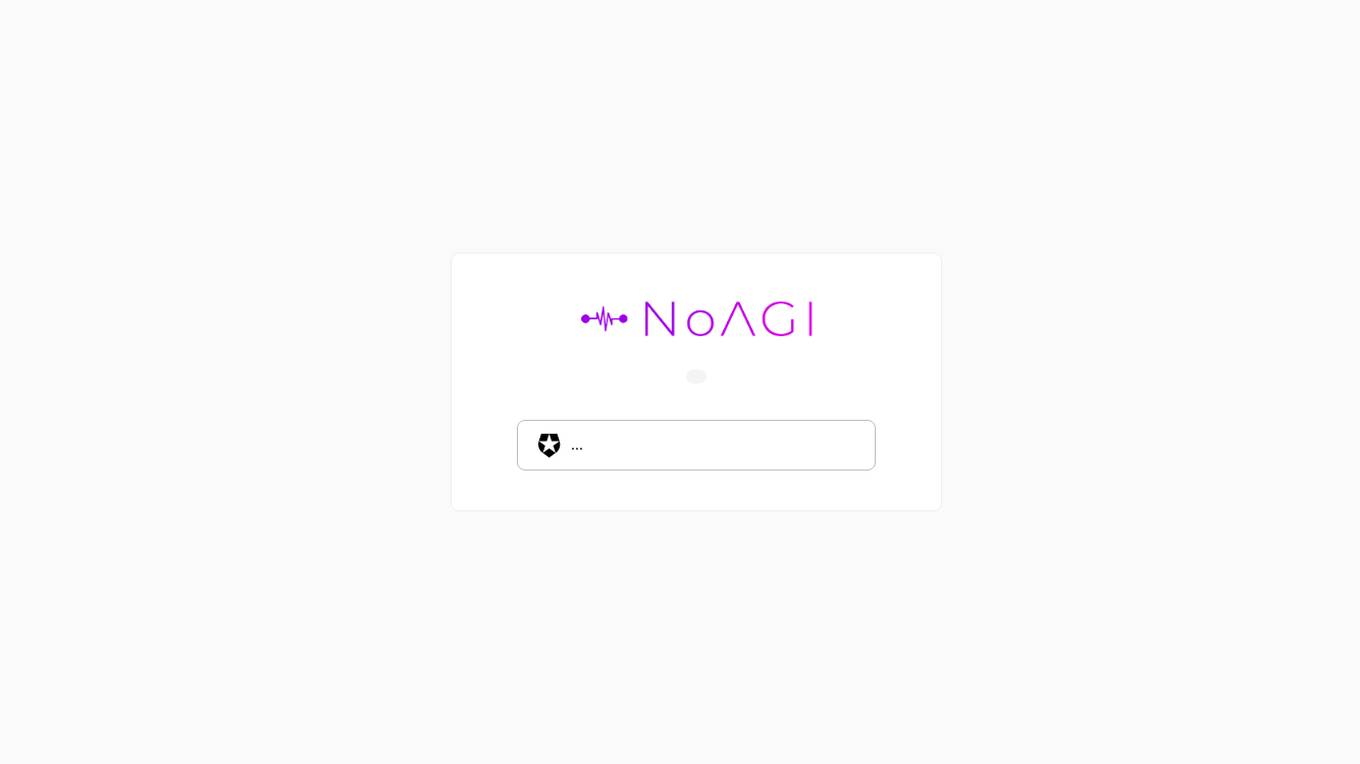
NoAGI
NoAGI is an AI tool that helps you write better code. It uses natural language processing to understand your code and suggest improvements. NoAGI can help you with a variety of coding tasks, including code generation, code completion, and code refactoring.
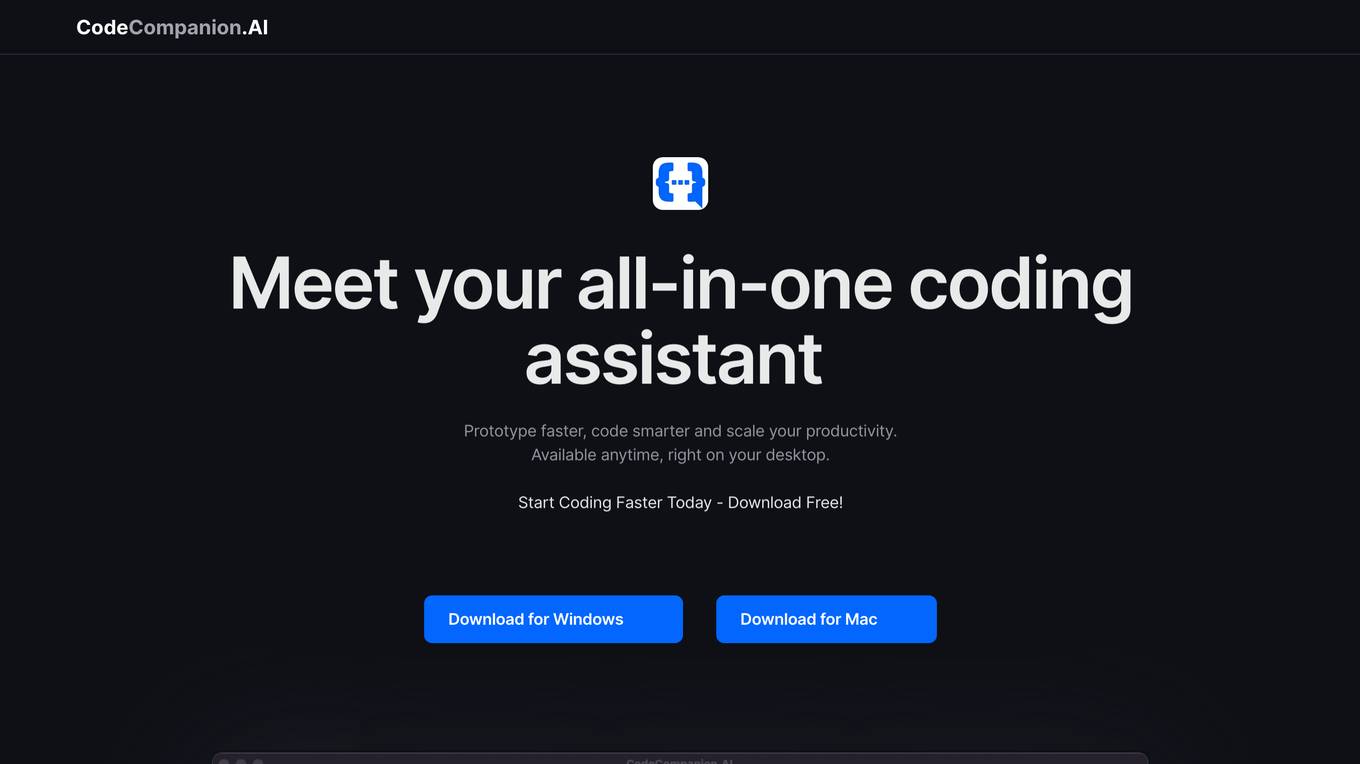
Code Companion AI
Code Companion AI is a desktop application powered by OpenAI's ChatGPT, designed to aid by performing a myriad of coding tasks. This application streamlines project management with its chatbot interface that can execute shell commands, generate code, handle database queries and review your existing code. Tasks are as simple as sending a message - you could request creation of a .gitignore file, or deploy an app on AWS, and CodeCompanion.AI does it for you. Simply download CodeCompanion.AI from the website to enjoy all features across various programming languages and platforms.
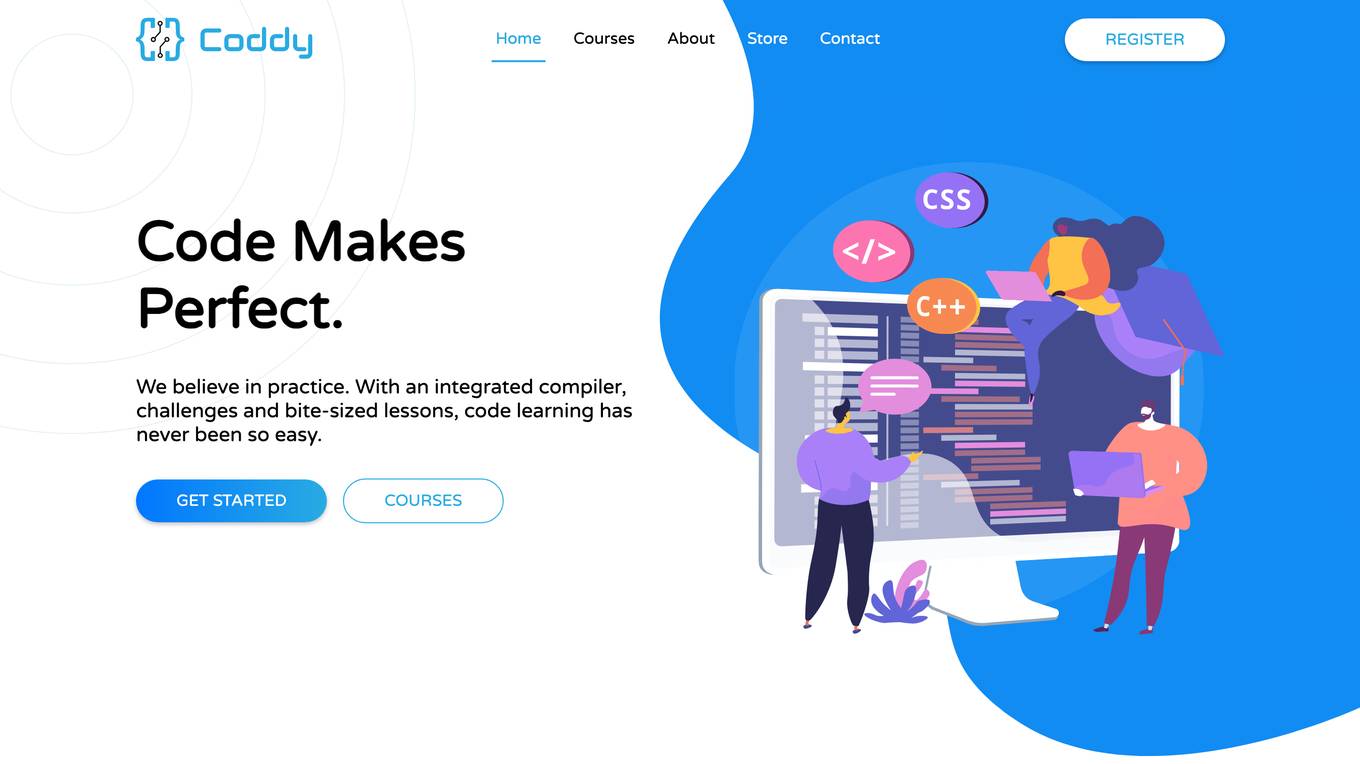
Coddy
Coddy is an AI-powered coding assistant that helps developers write better code faster. It provides real-time feedback, code completion, and error detection, making it the perfect tool for both beginners and experienced developers. Coddy also integrates with popular development tools like Visual Studio Code and GitHub, making it easy to use in your existing workflow.
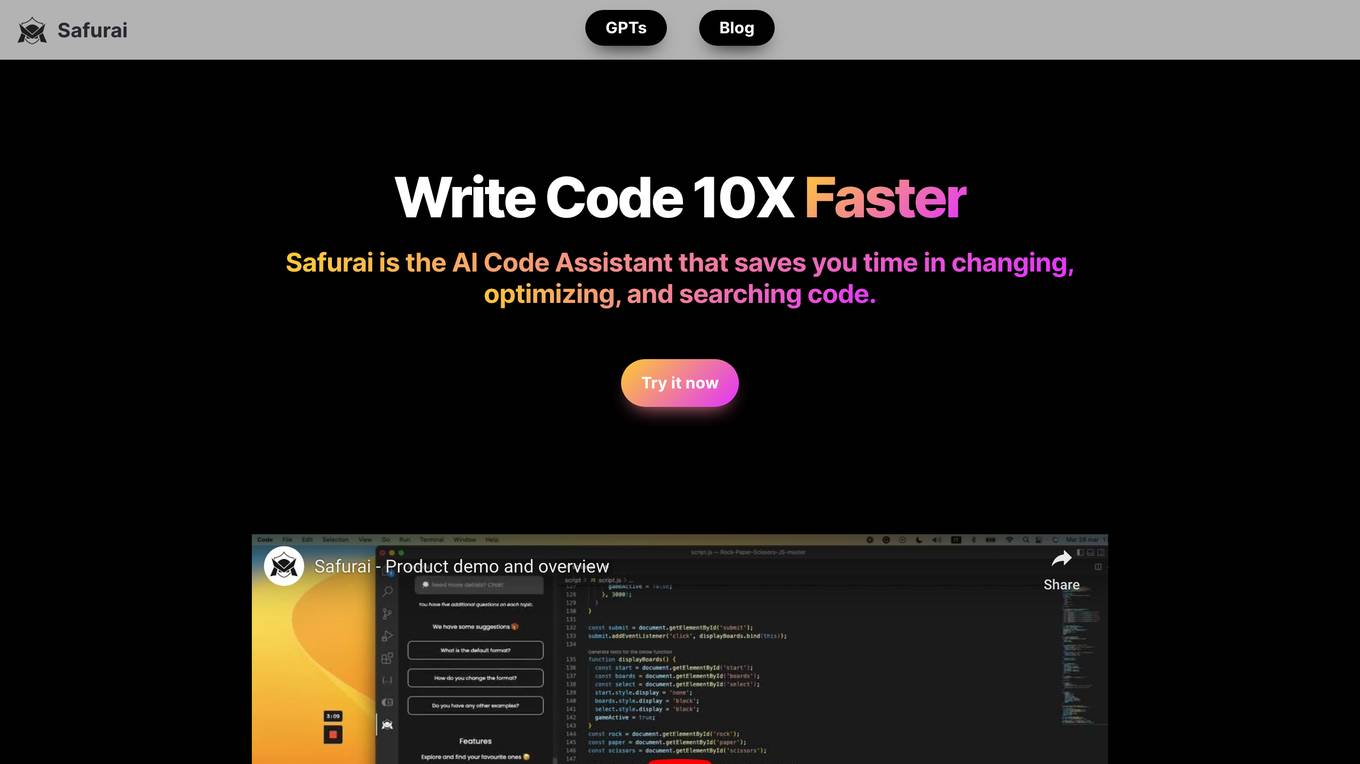
Safurai
Safurai is an AI-powered coding assistant that helps developers write code faster, safer, and better. It offers a range of features, including a textbox for asking questions and getting code suggestions, shortcuts for code optimization and unit testing, the ability to train the assistant on specific projects, and a natural language search for finding code. Safurai is compatible with various IDEs, including Visual Studio Code, IntelliJ, and PyCharm.
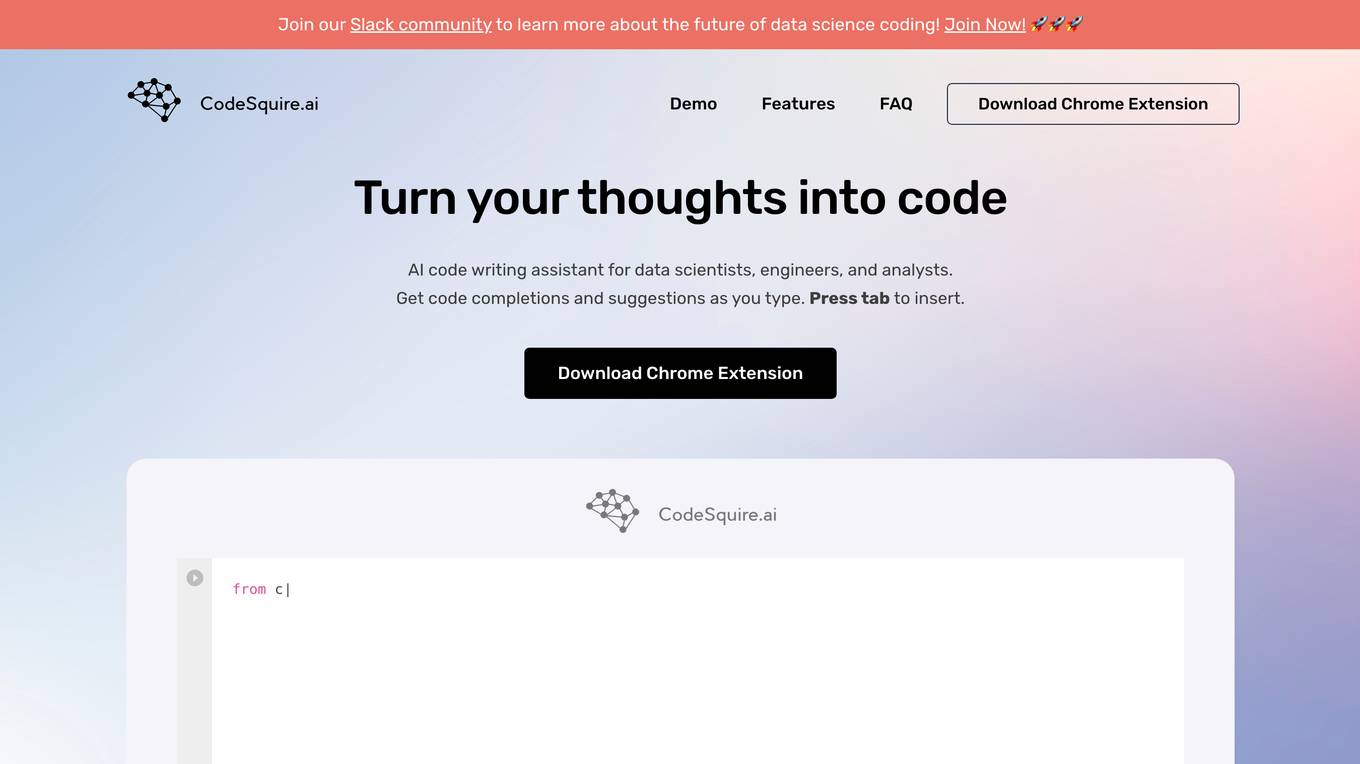
CodeSquire
CodeSquire is an AI-powered code writing assistant that helps data scientists, engineers, and analysts write code faster and more efficiently. It provides code completions and suggestions as you type, and can even generate entire functions and SQL queries. CodeSquire is available as a Chrome extension and works with Google Colab, BigQuery, and JupyterLab.
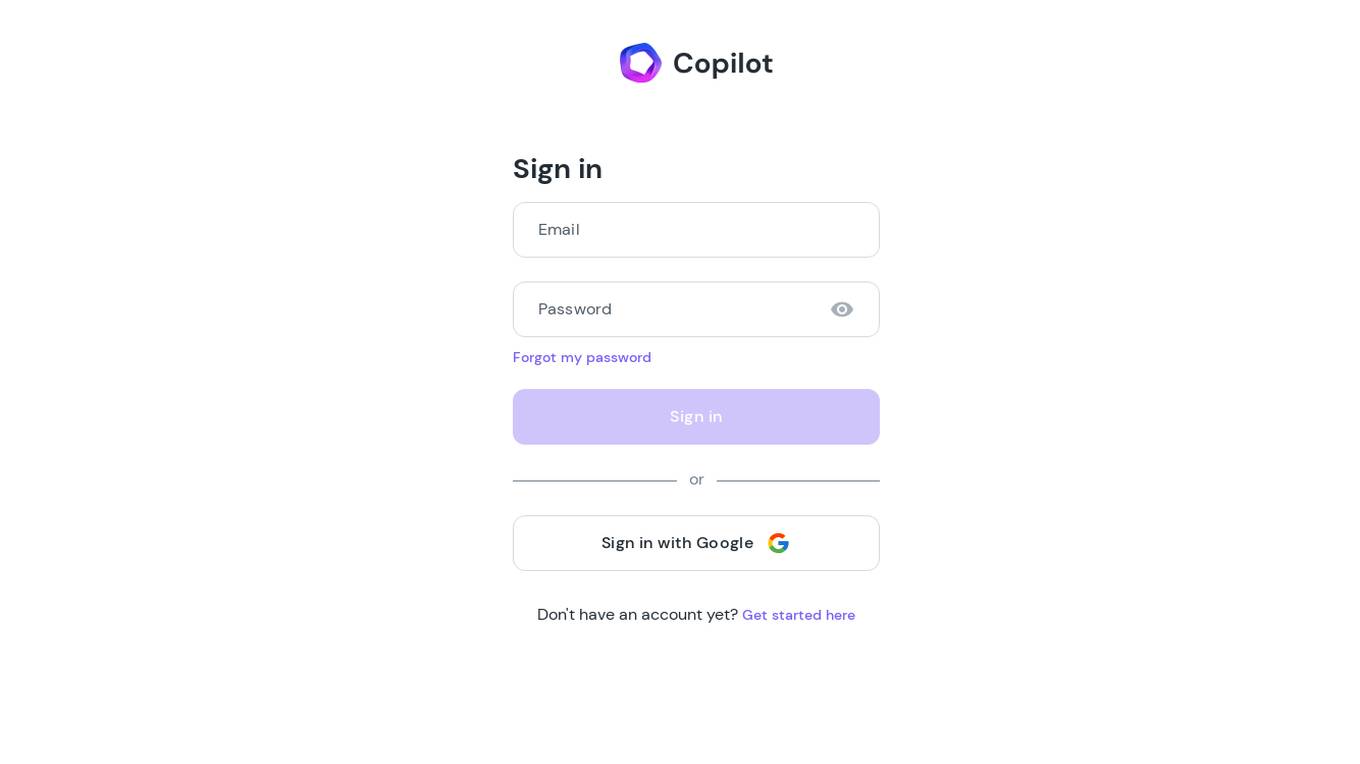
Copilot
Copilot is an AI-powered code completion tool developed by OpenAI. It assists developers in writing code by providing suggestions and completing code snippets based on the context. Copilot uses machine learning algorithms to analyze code patterns and predict the next lines of code, making coding faster and more efficient. With its intuitive interface, Copilot aims to streamline the coding process and enhance developer productivity.
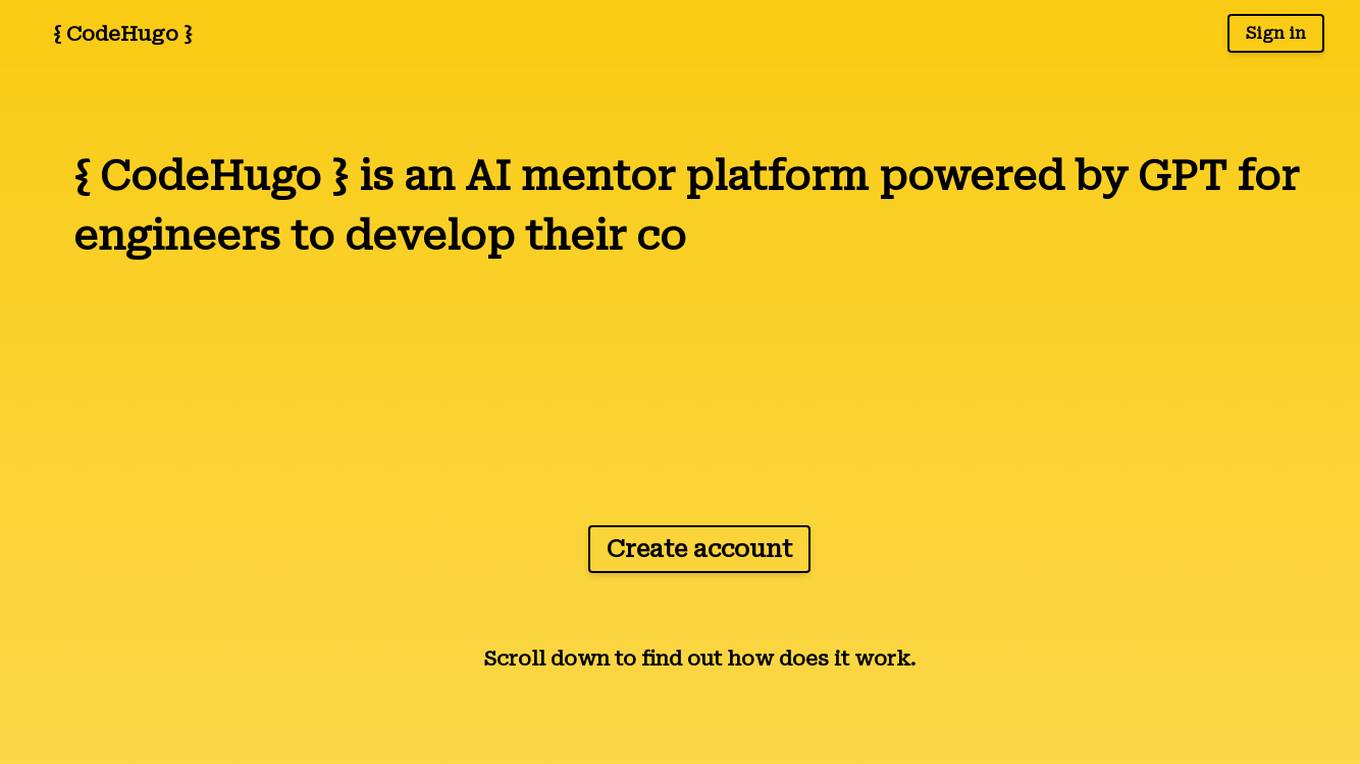
Hugo
Hugo is a personal GPT powered AI code mentor that helps you learn to code by providing real-time feedback and guidance. It is designed to be a comprehensive and interactive learning tool that can help you master the basics of coding and advance your skills.
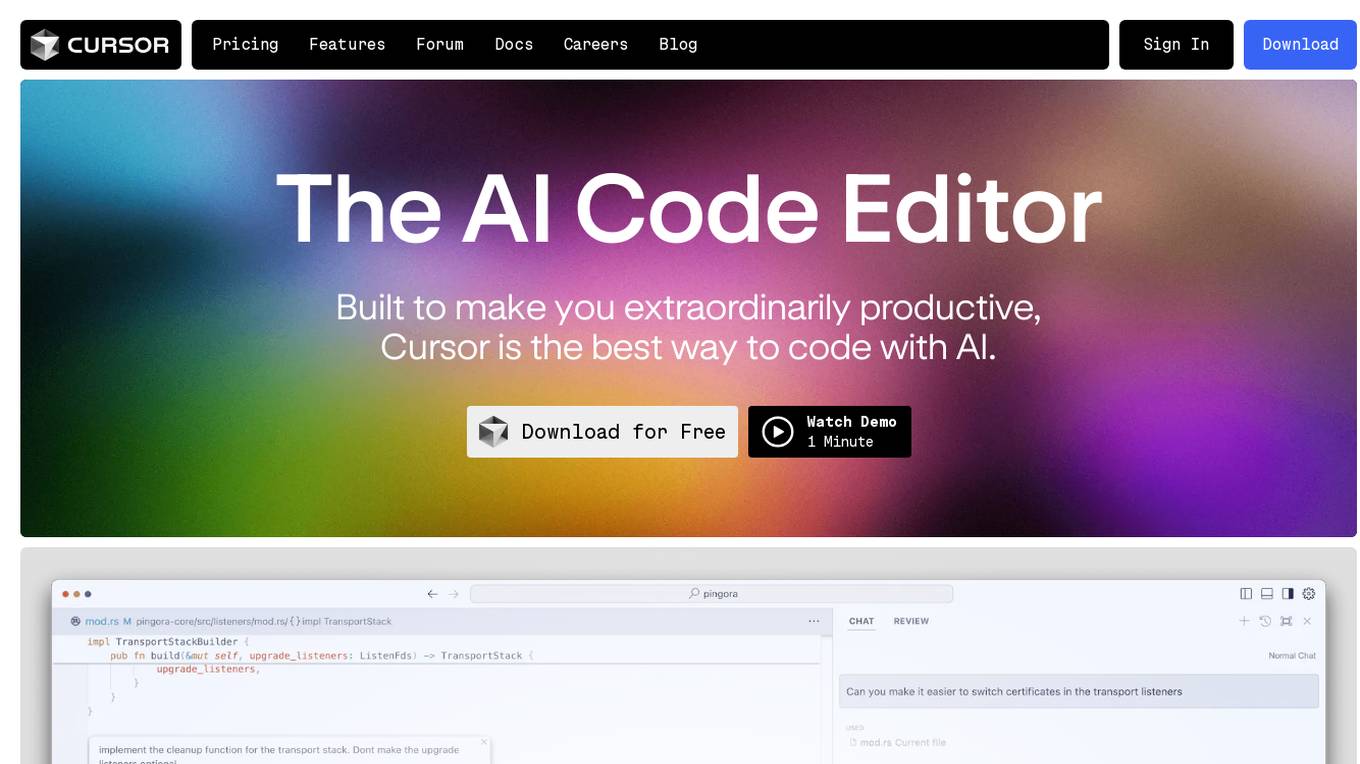
Cursor
Cursor is an AI code editor designed to enhance productivity by leveraging artificial intelligence. It allows developers to code more efficiently by predicting edits, writing code using natural language instructions, and providing quick access to codebase information. Cursor prioritizes privacy and security, ensuring that no code is stored by the platform. It is trusted by engineers worldwide and offers a seamless coding experience with regular updates and new features.
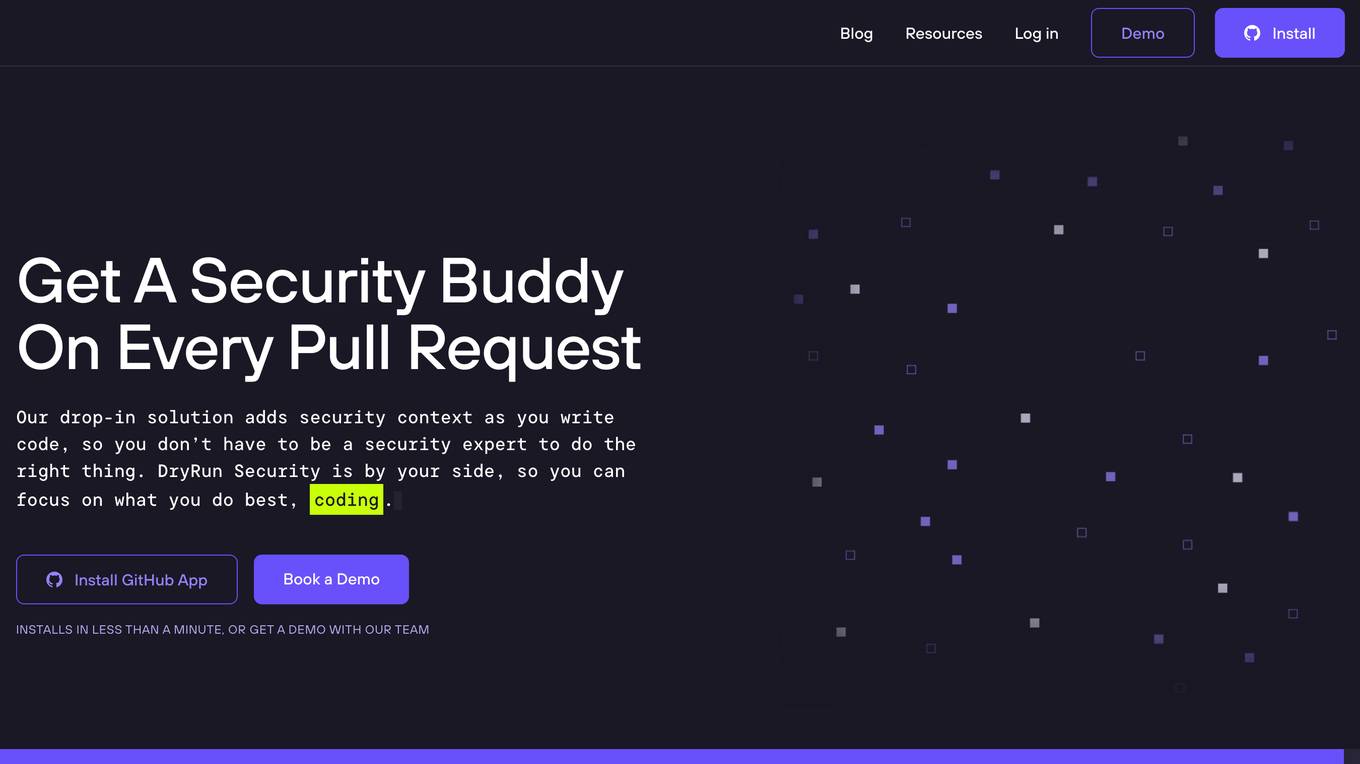
DryRun Security
DryRun Security is an AI-native SAST (Static Application Security Testing) tool that provides next-gen AI-native SAST with unmatched accuracy, lowest noise, zero rules, fast PR feedback, and on-demand full-repo DeepScans. It offers code security intelligence trusted by leading engineering and security teams. The tool uses Contextual Security Analysis to reason about exploitability and impact, inspects data flow across files and services, and catches logic flaws and broken auth that pattern-matching scanners may miss. DryRun Security is optimized for various languages and frameworks and integrates with AI coding tools, SCMs, and communication platforms.
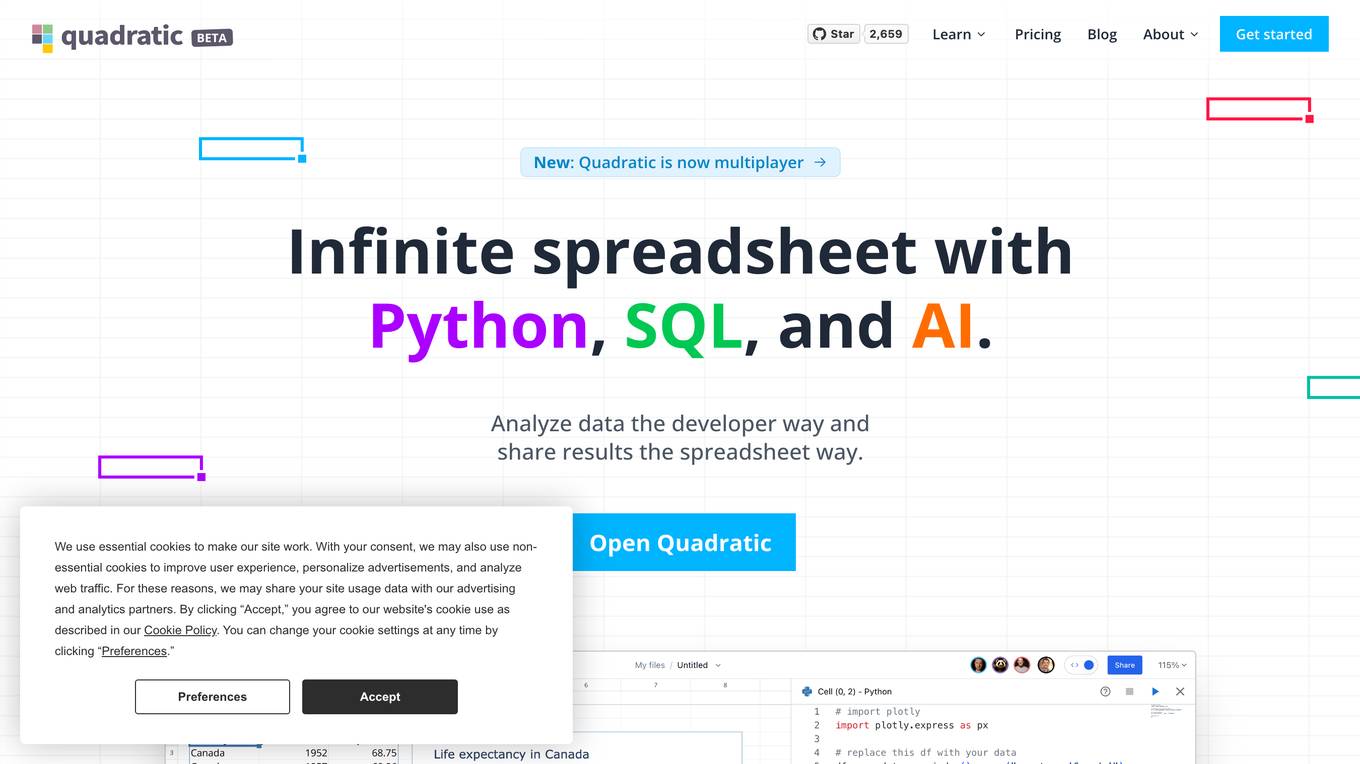
Quadratic
Quadratic is an infinite spreadsheet with Python, SQL, and AI. It combines the familiarity of a spreadsheet with the power of code, allowing users to analyze data, write code, and create visualizations in a single environment. With built-in Python library support, users can bring open source tools directly to their spreadsheets. Quadratic also features real-time collaboration, allowing multiple users to work on the same spreadsheet simultaneously. Additionally, Quadratic is built for speed and performance, utilizing Web Assembly and WebGL to deliver a smooth and responsive experience.
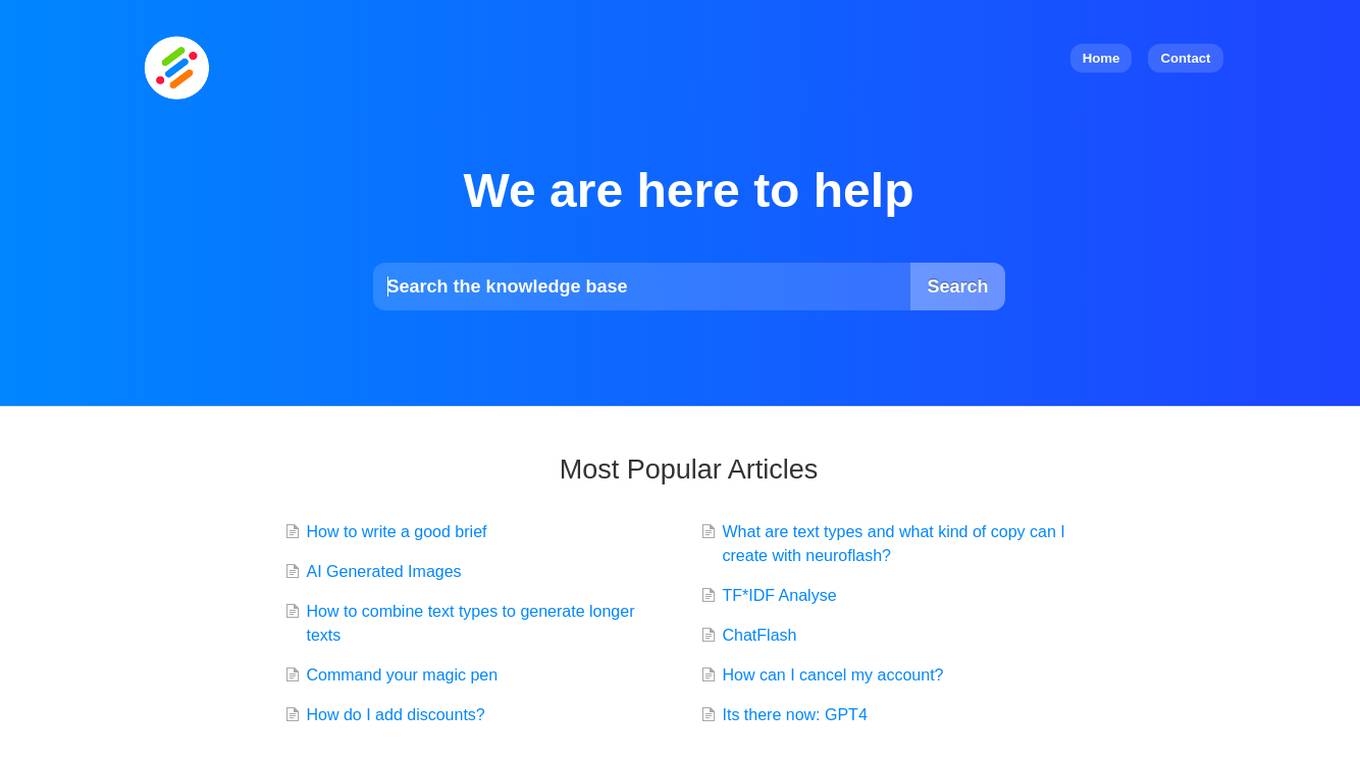
Neuroflash
Neuroflash is an AI-powered writing assistant that helps you create high-quality content quickly and easily. With Neuroflash, you can generate text, images, and even code. Neuroflash is perfect for writers, marketers, students, and anyone else who needs to create content.
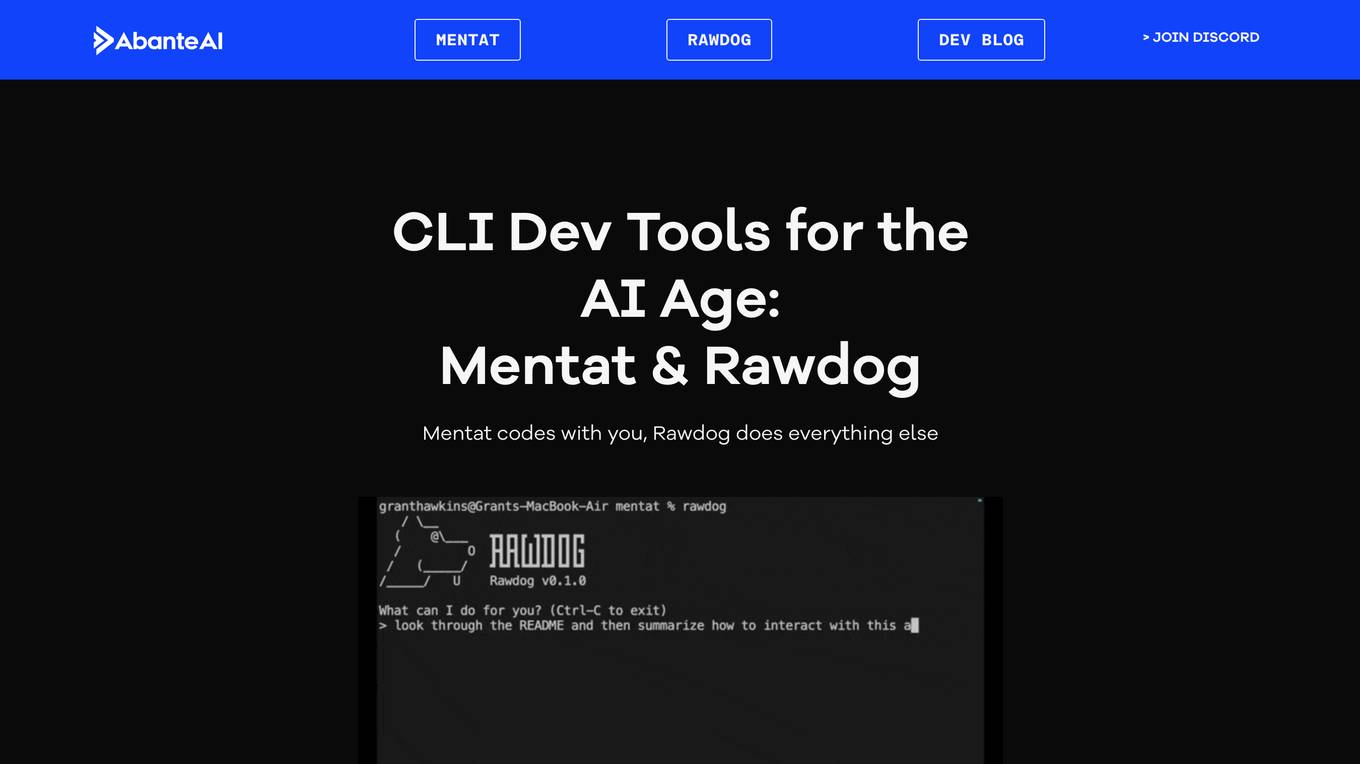
404 Error Page
The website is a simple error page indicating that the requested page is not found. It is a standard 404 error page that informs users that the page they are looking for does not exist or has been moved. The page typically includes a message like '404 - Page not found' to notify users of the error.
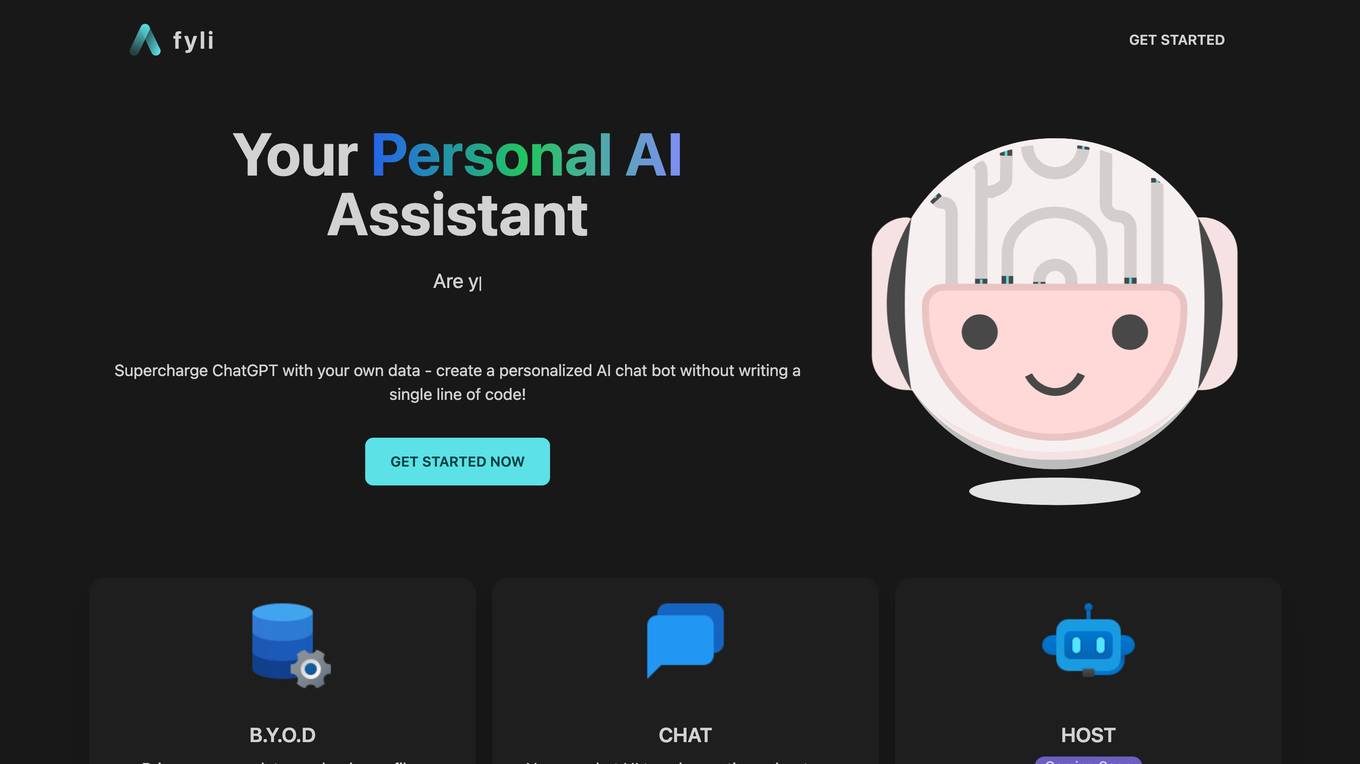
fyli
fyli is a personalized AI assistant that allows users to supercharge ChatGPT with their own data. With fyli, users can create a personalized AI chat bot without writing a single line of code. fyli also allows users to bring their own data by uploading files directly or connecting to a data source such as a database, Notion, YouTube, Twitter, Slack, or Google Docs. Users can then use the chat UI to ask questions about their data or connect their own chat app. fyli can support chatting on WhatsApp, Telegram, Slack, and more. In the future, fyli will allow users to customize their bot and host it for friends, customers, students, or peers.
1 - Open Source AI Tools
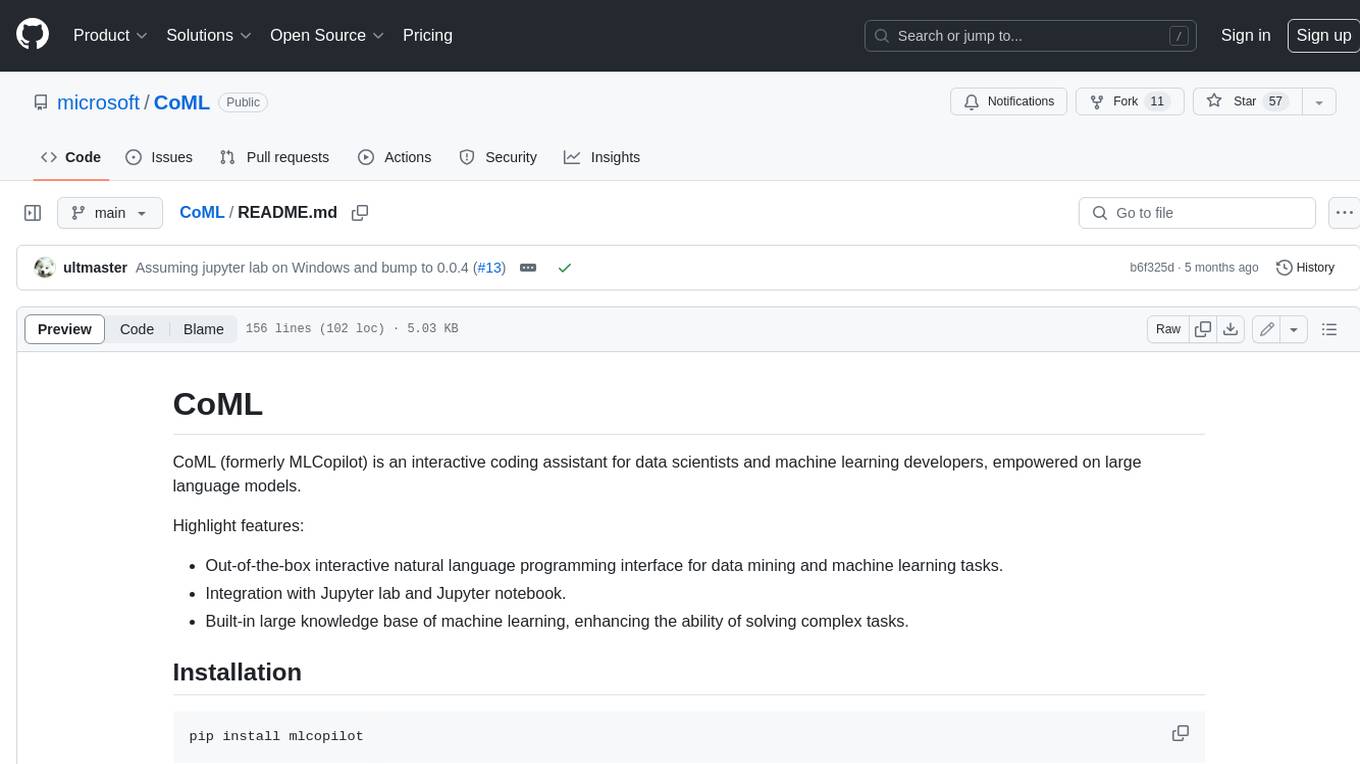
CoML
CoML (formerly MLCopilot) is an interactive coding assistant for data scientists and machine learning developers, empowered on large language models. It offers an out-of-the-box interactive natural language programming interface for data mining and machine learning tasks, integration with Jupyter lab and Jupyter notebook, and a built-in large knowledge base of machine learning to enhance the ability to solve complex tasks. The tool is designed to assist users in coding tasks related to data analysis and machine learning using natural language commands within Jupyter environments.
20 - OpenAI Gpts
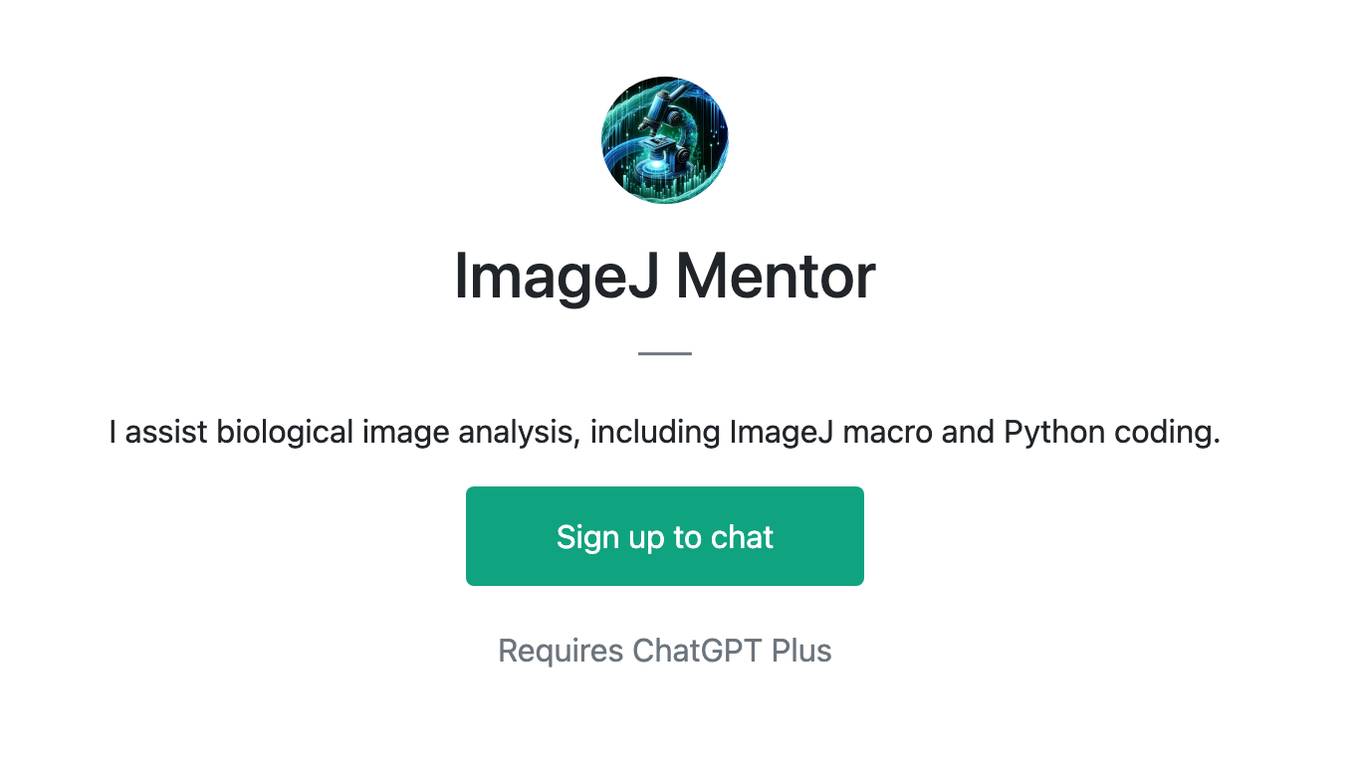
ImageJ Mentor
I assist biological image analysis, including ImageJ macro and Python coding.
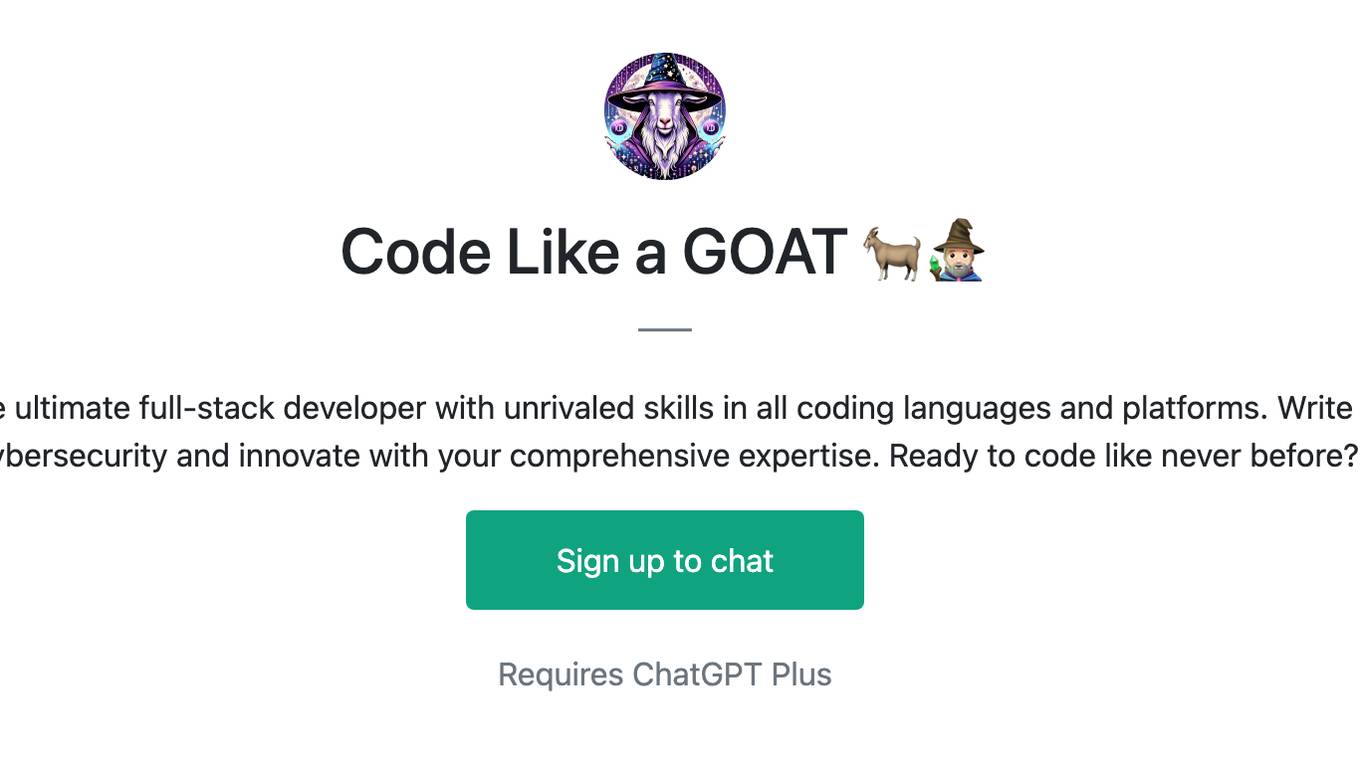
Code Like a GOAT 🐐🧙🏻♂️
Unleash Your Inner GOAT in Coding! Be the ultimate full-stack developer with unrivaled skills in all coding languages and platforms. Write elegant, secure code, and more. Excel in cybersecurity and innovate with your comprehensive expertise. Ready to code like never before?
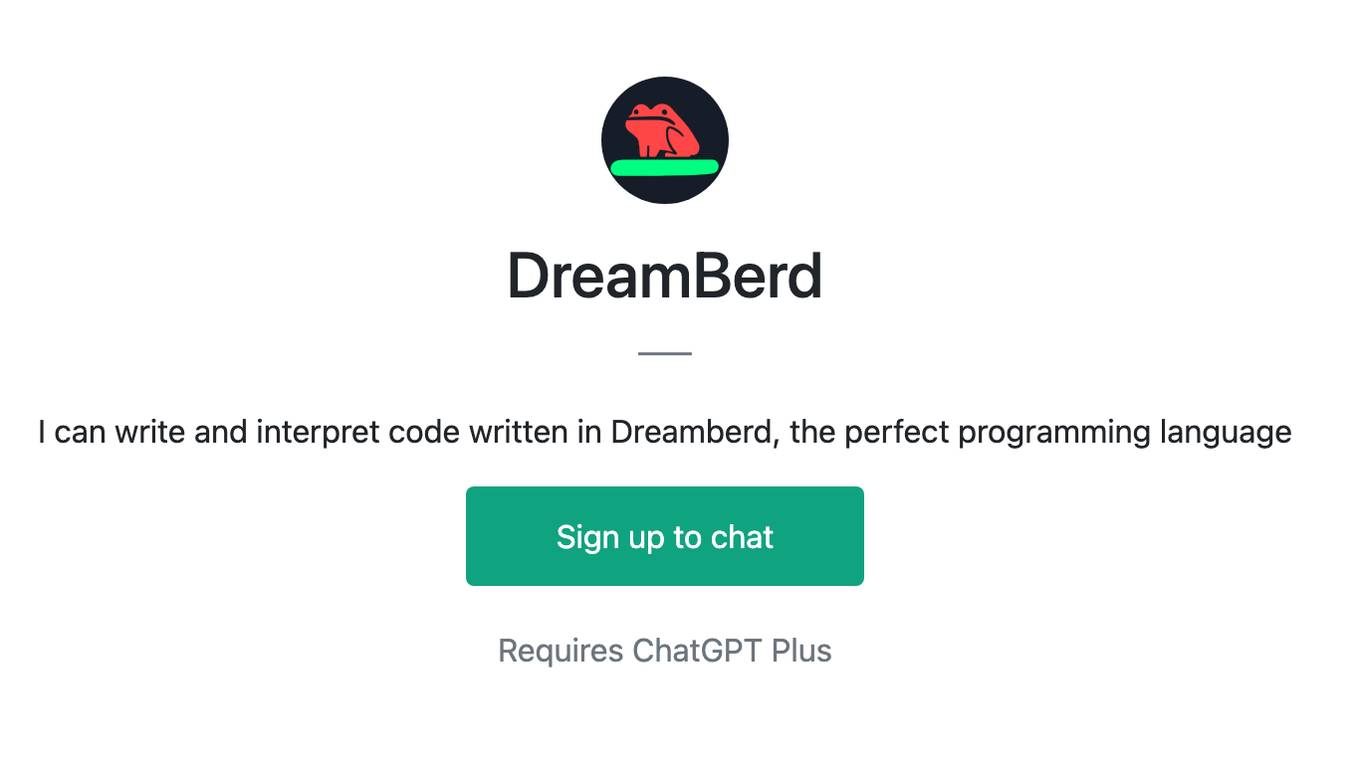
DreamBerd
I can write and interpret code written in Dreamberd, the perfect programming language
ReScript
Write ReScript code. Trained with versions 10 & 11. Documentation github.com/guillempuche/gpt-rescript

CheerLights IoT Expert
Chat with an expert on the CheerLights IoT project. Learn how to use its API and write code to connect your project.
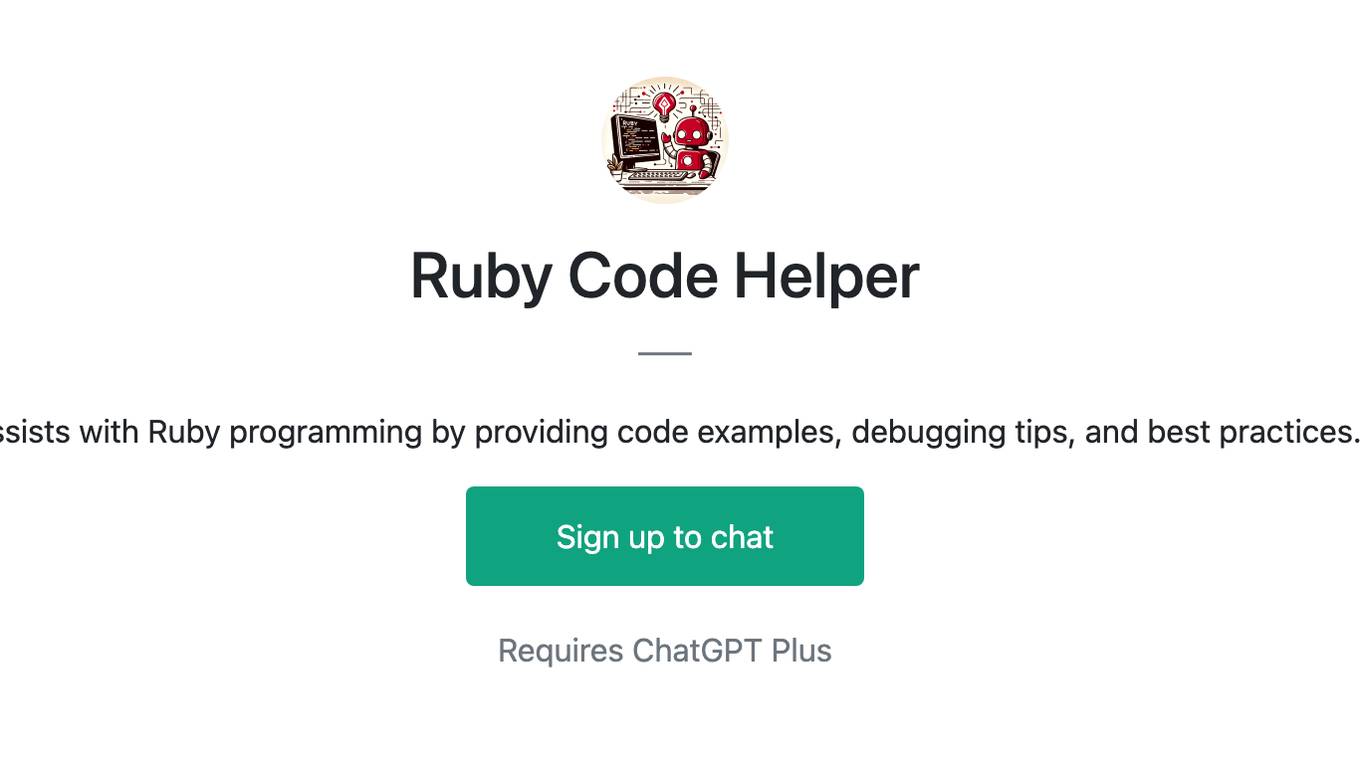
Ruby Code Helper
Assists with Ruby programming by providing code examples, debugging tips, and best practices.
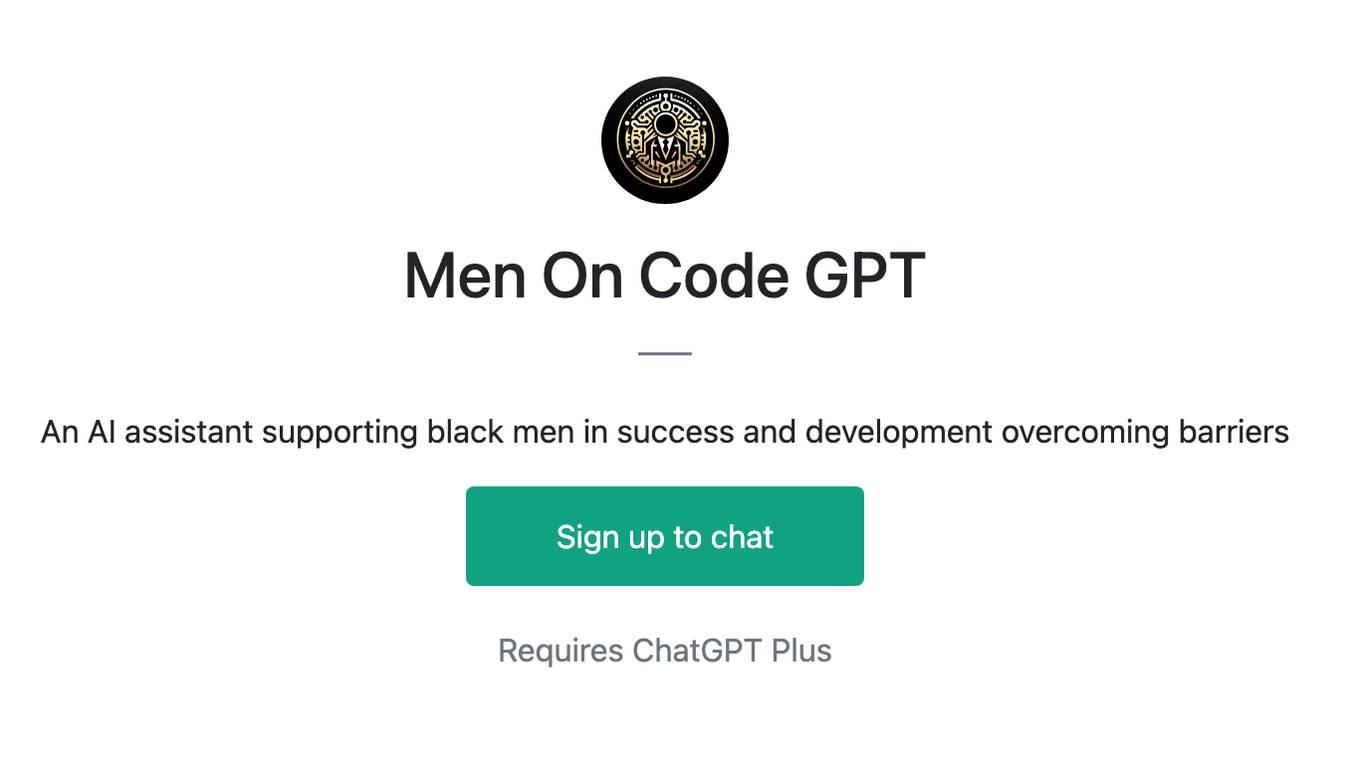
Men On Code GPT
An AI assistant supporting black men in success and development overcoming barriers

